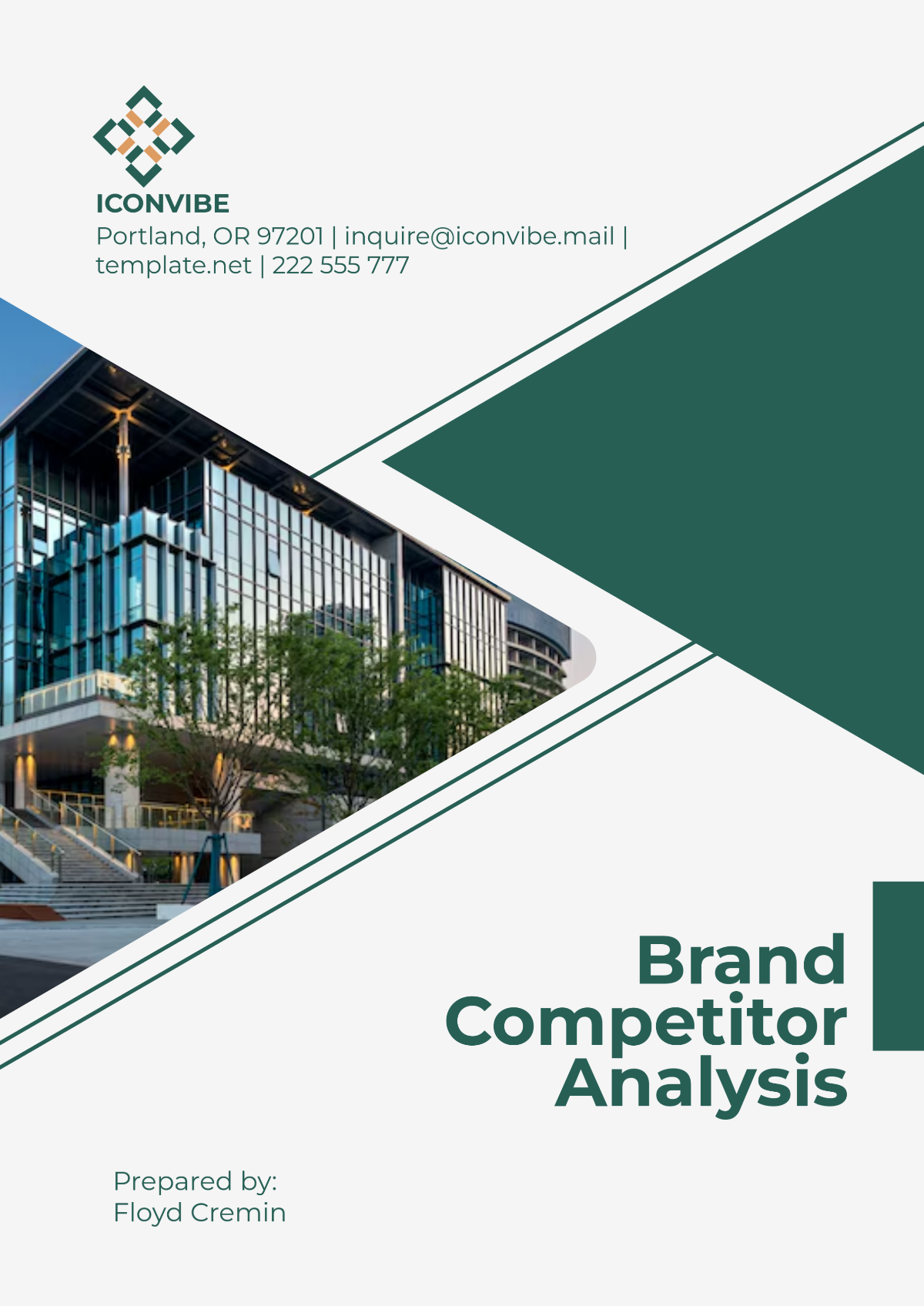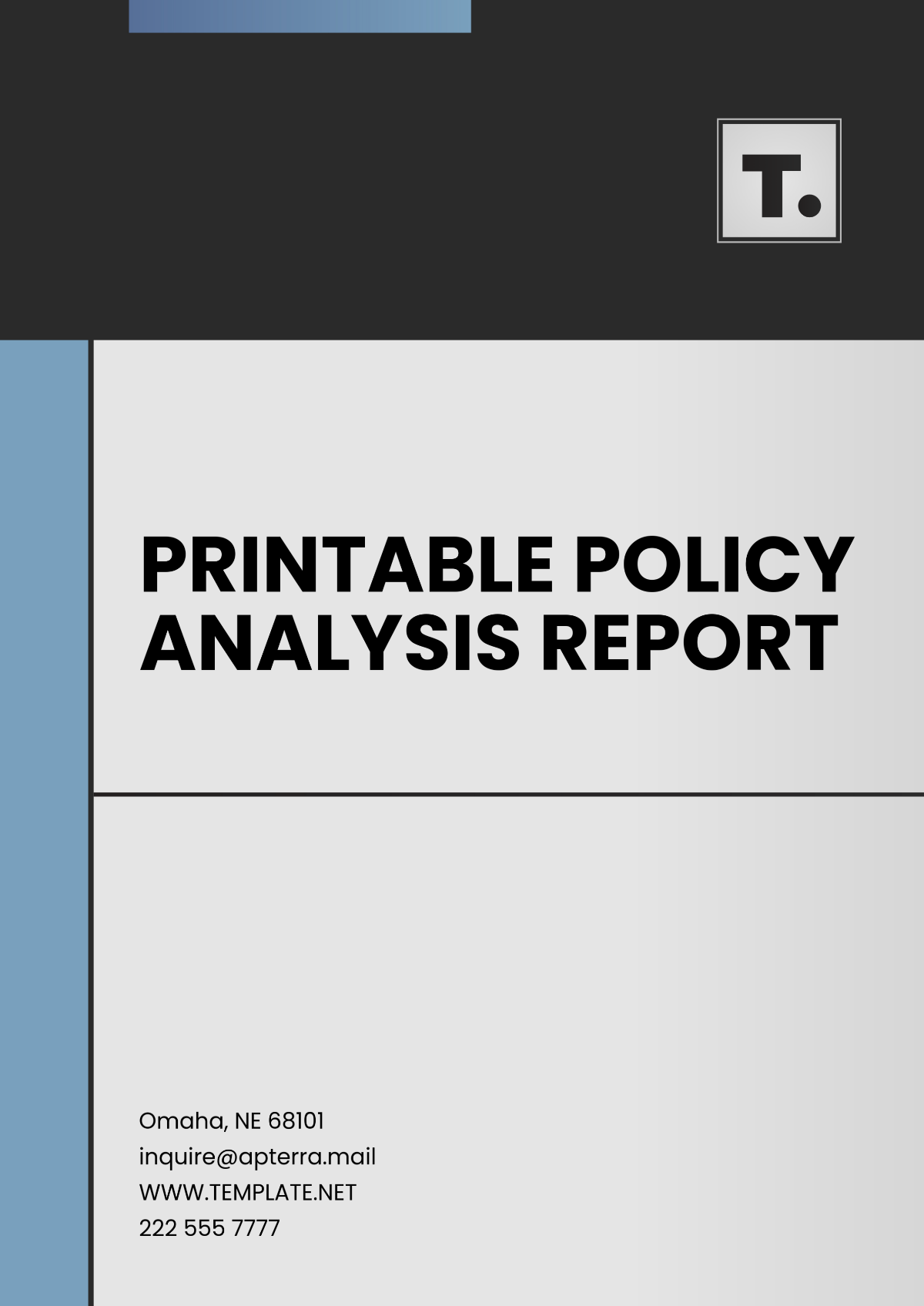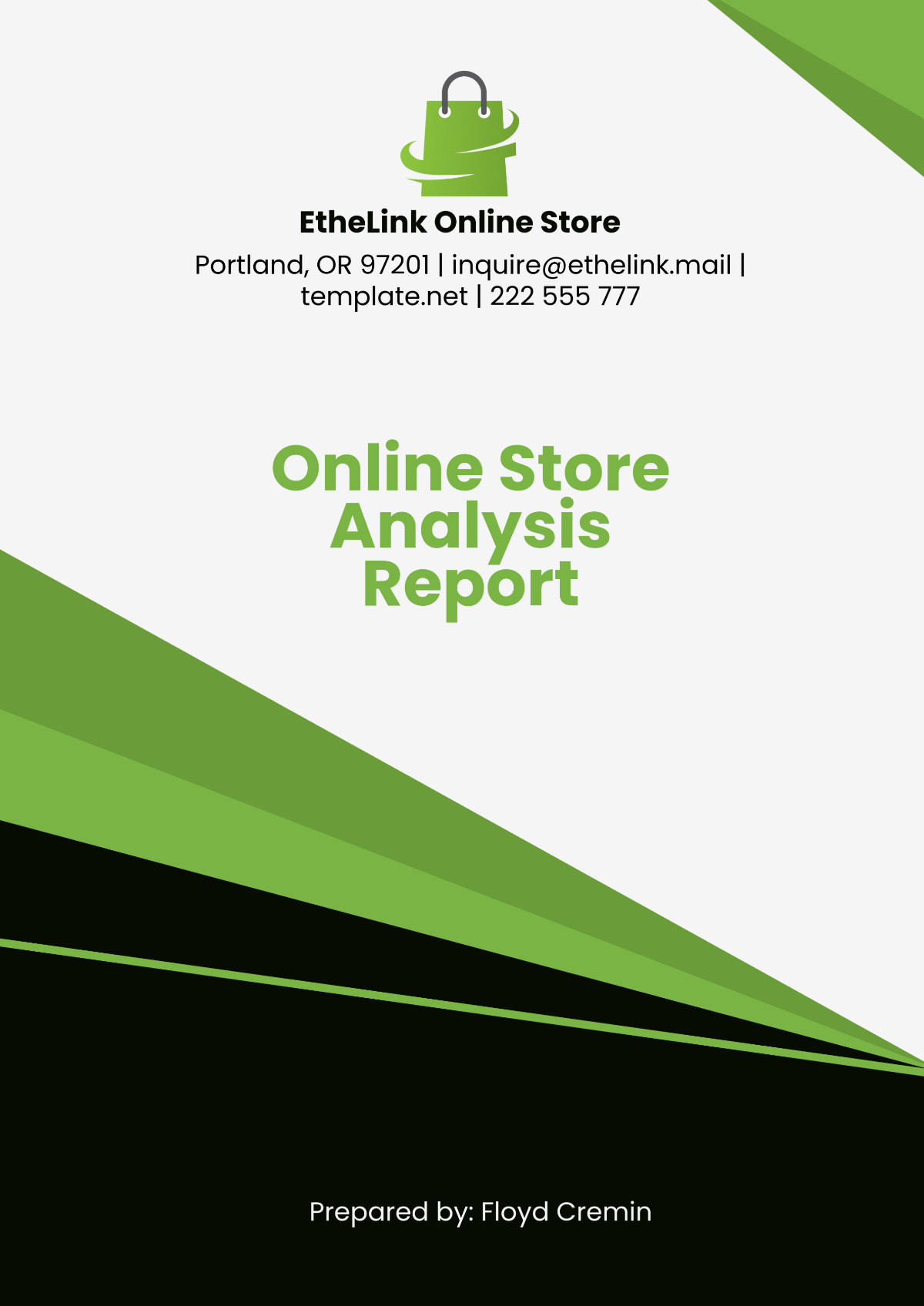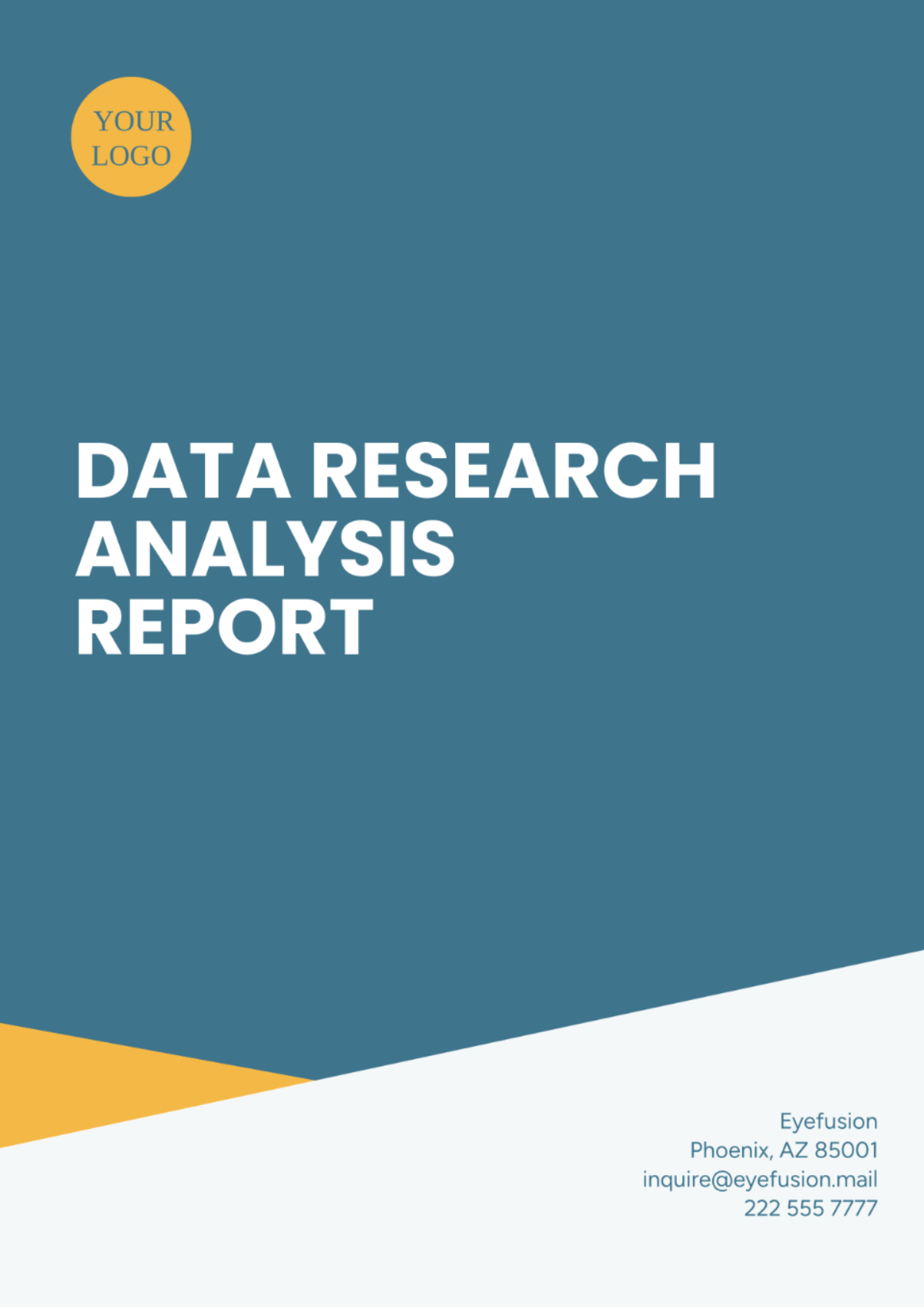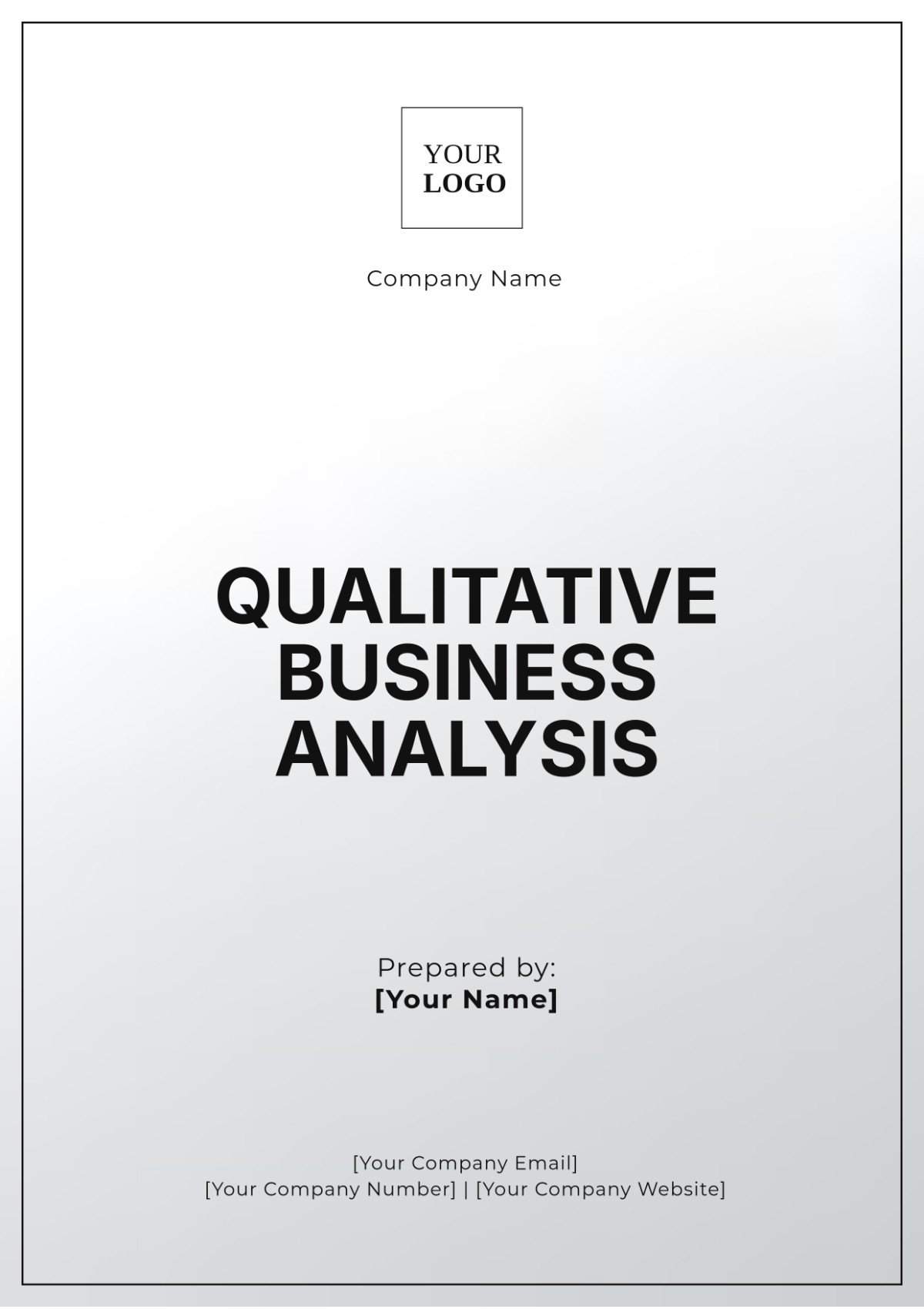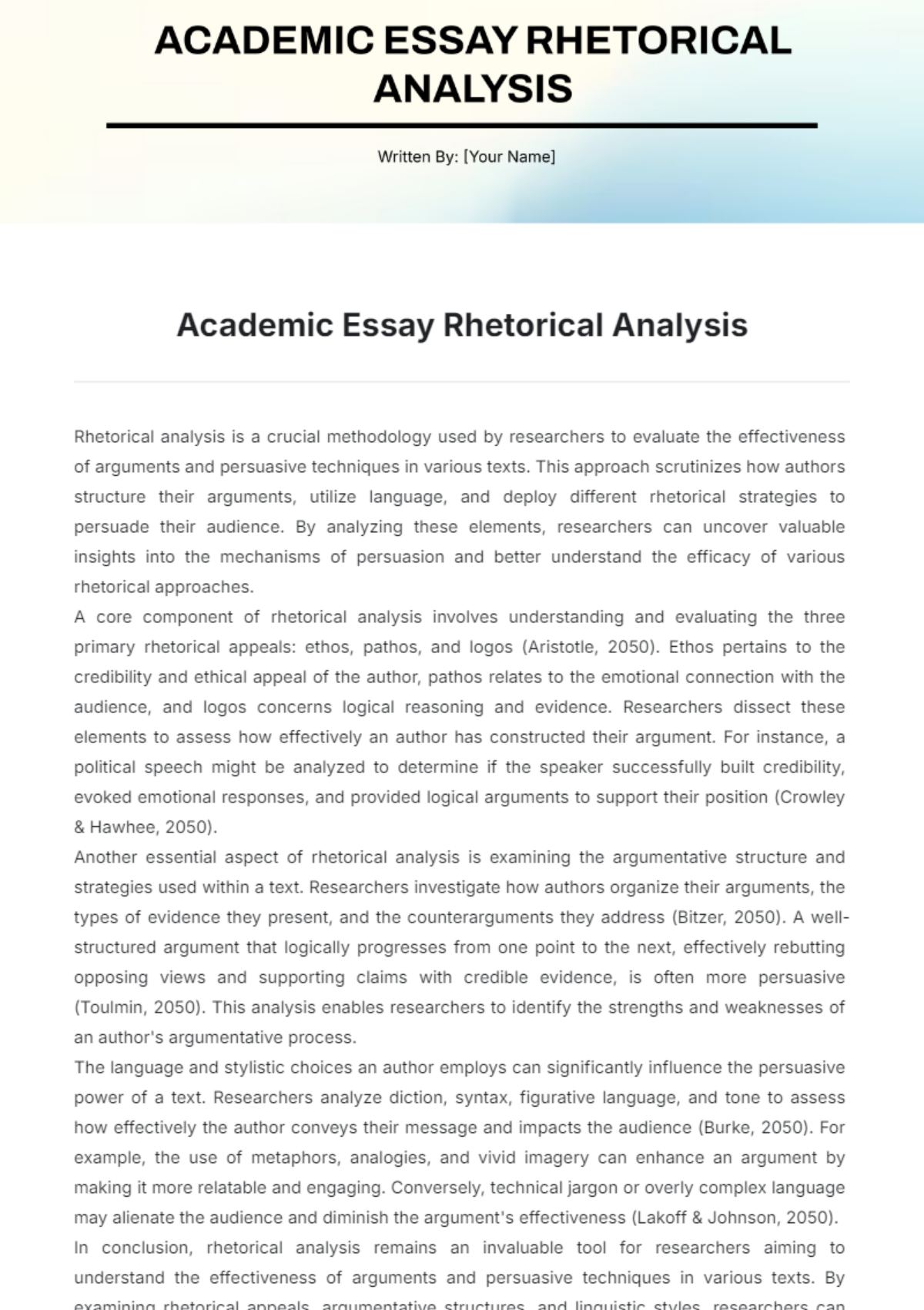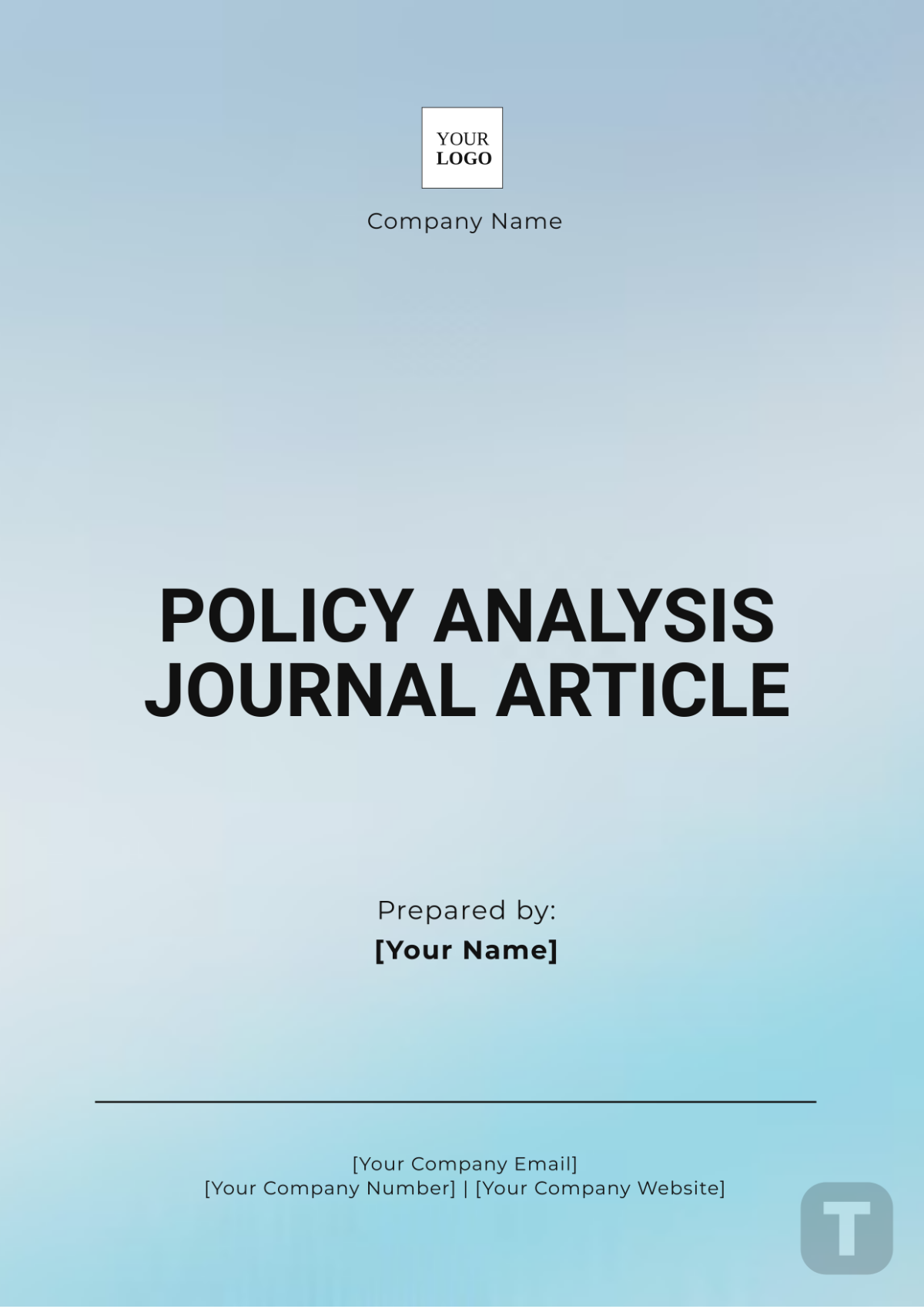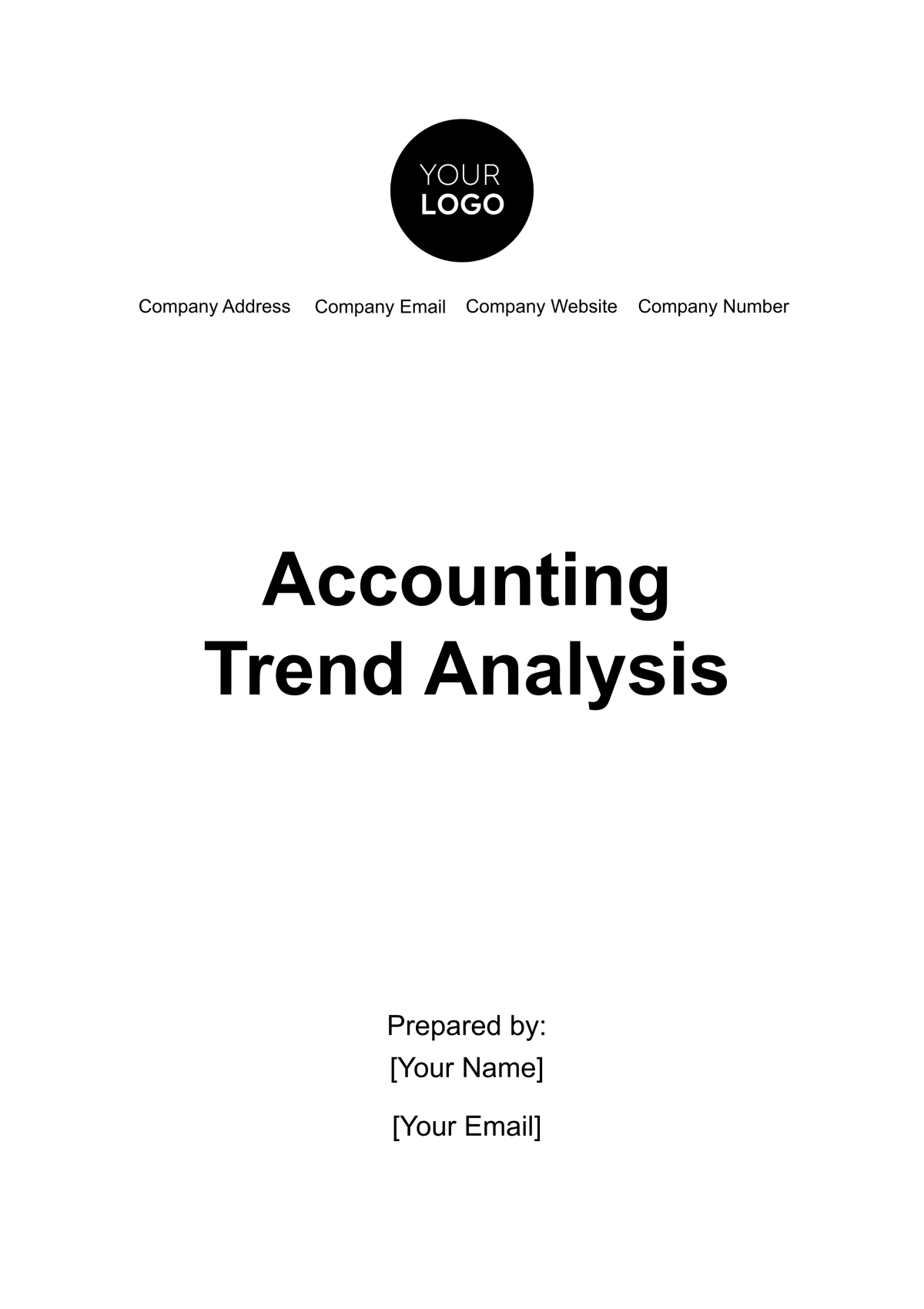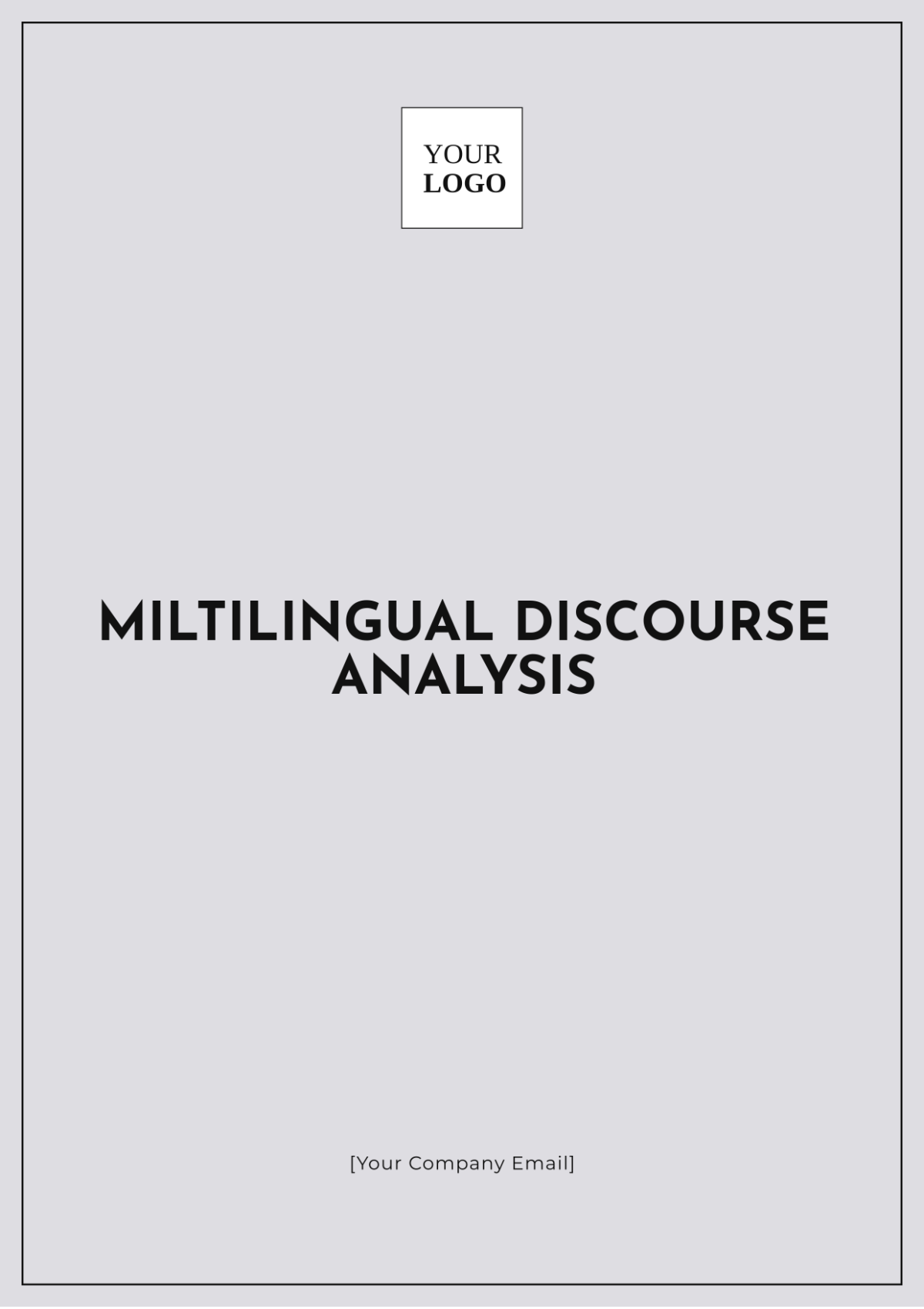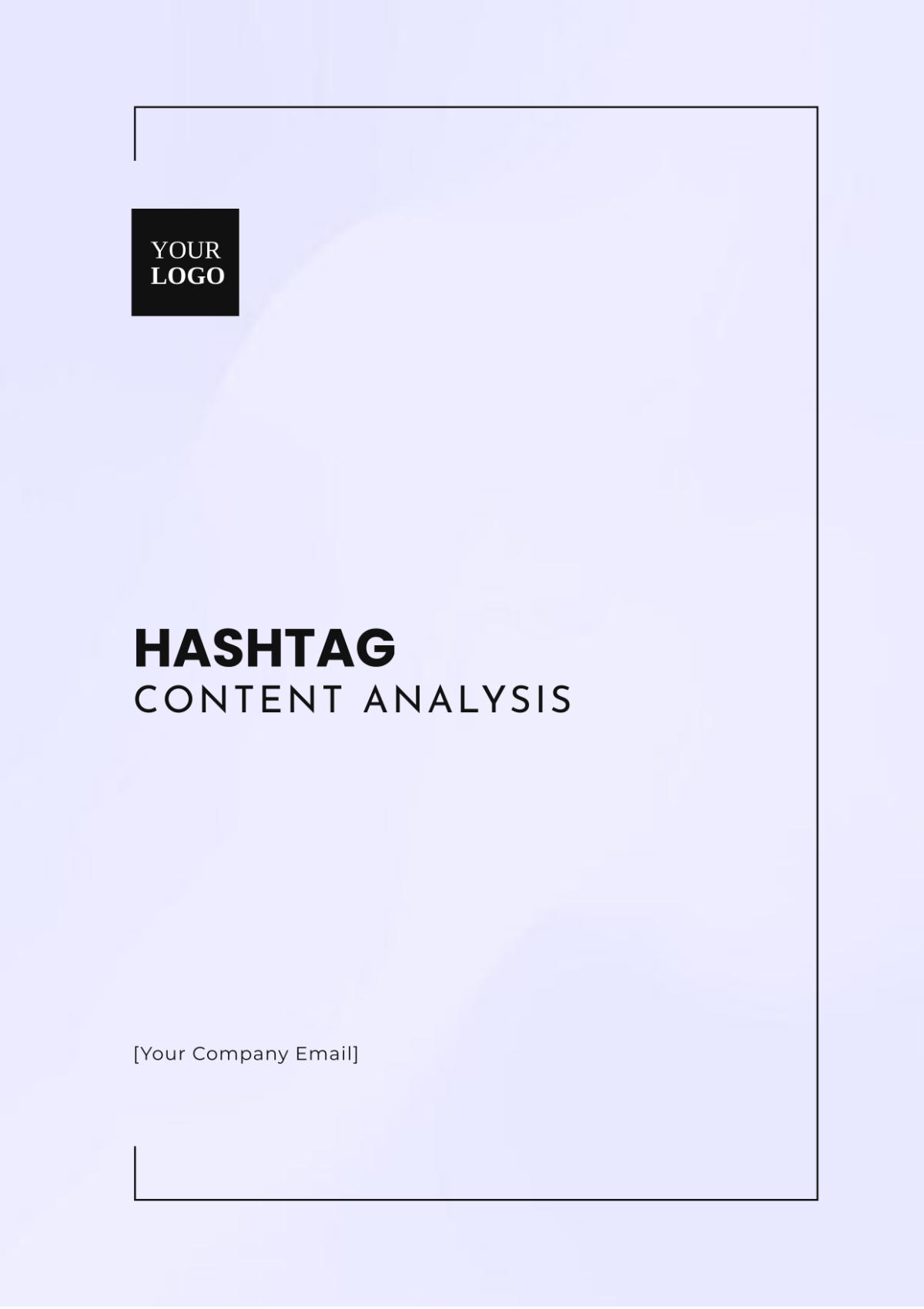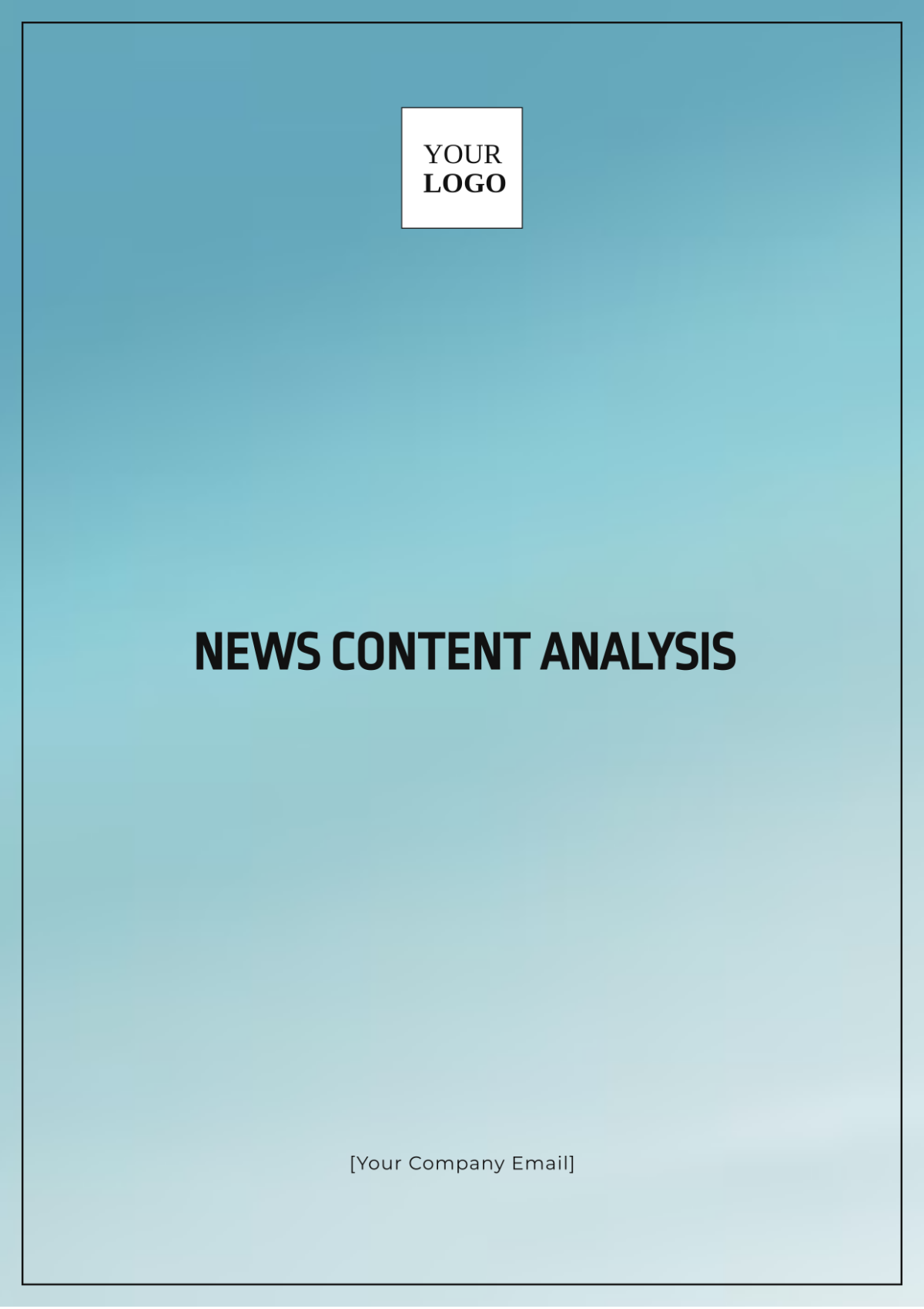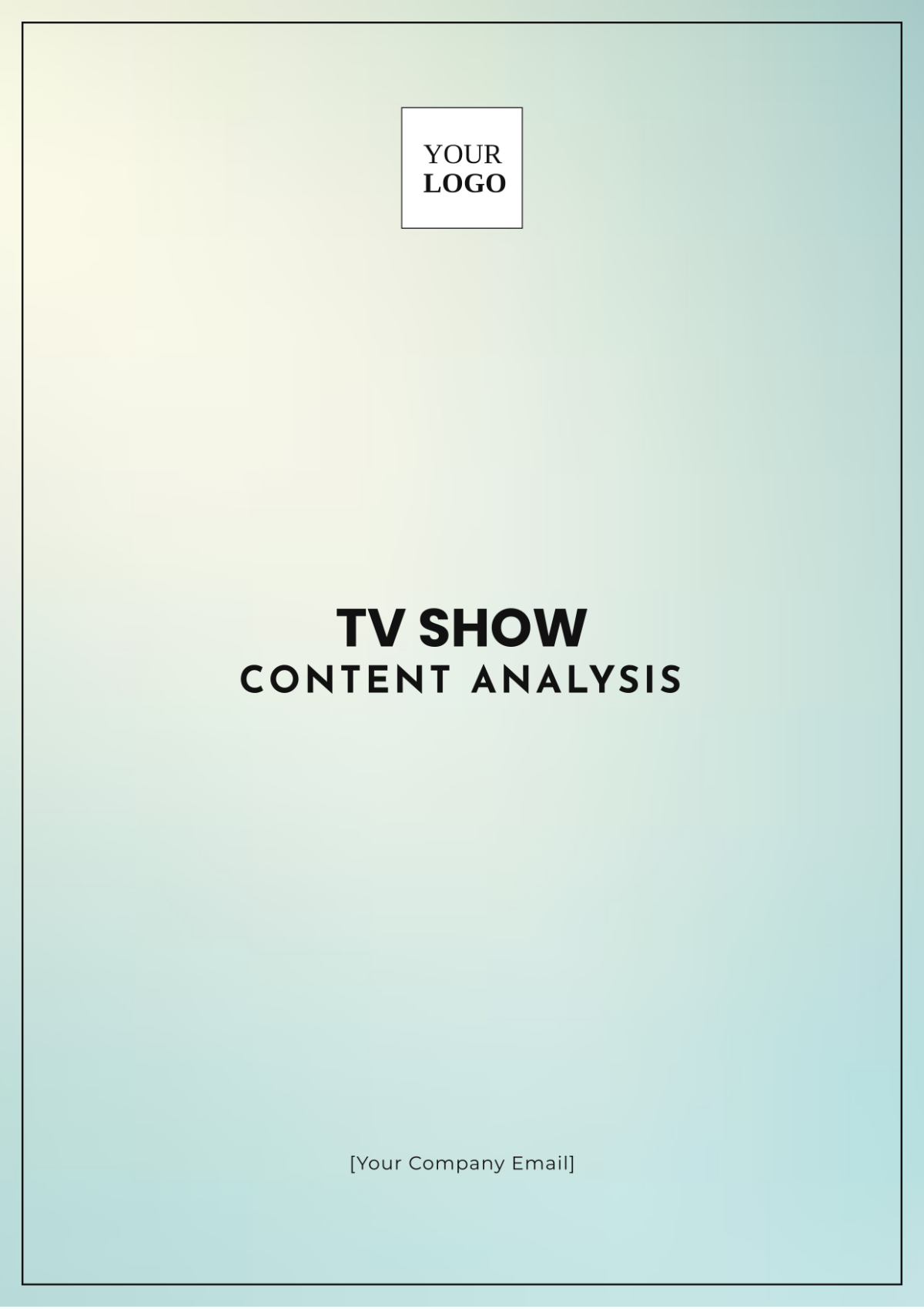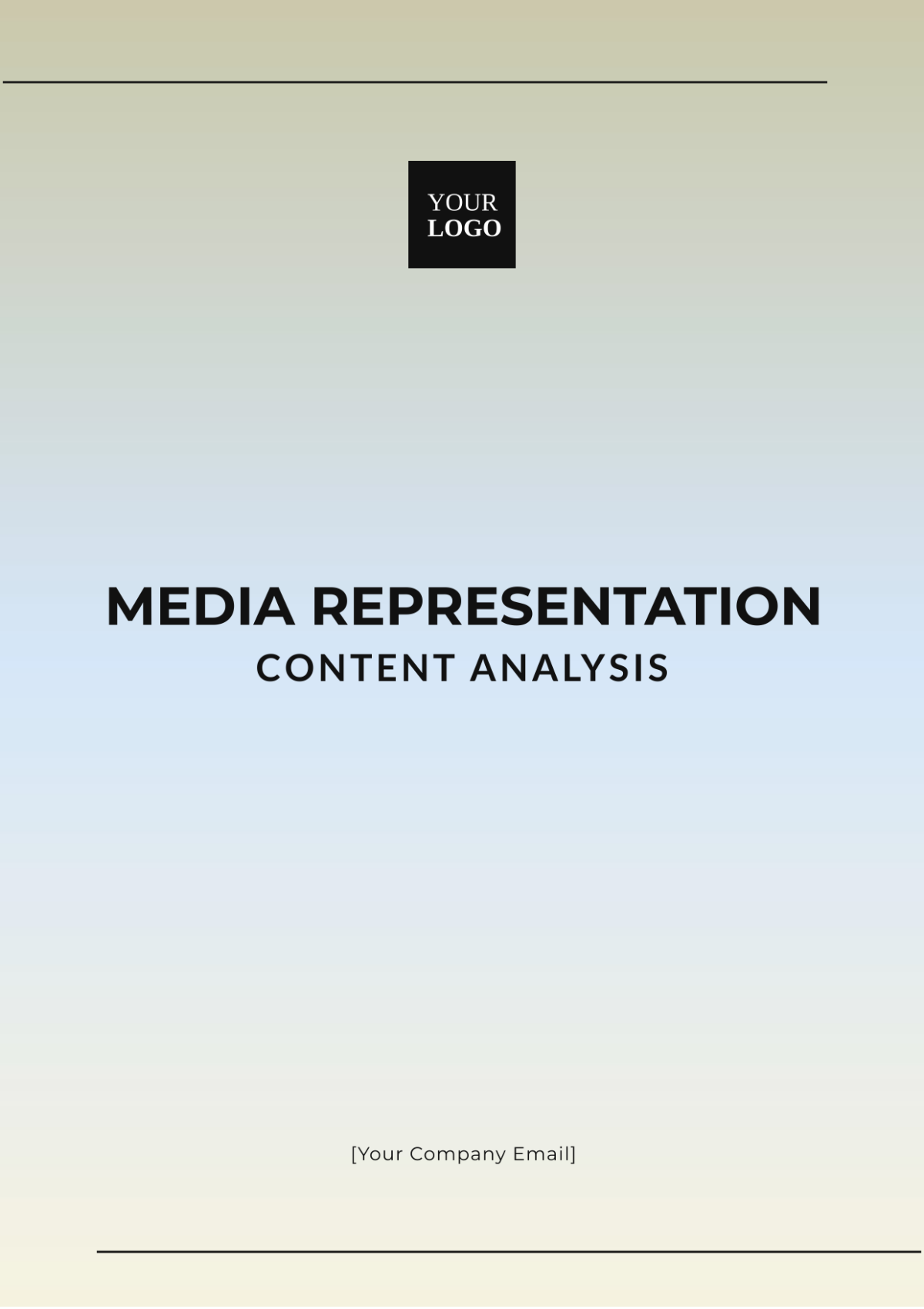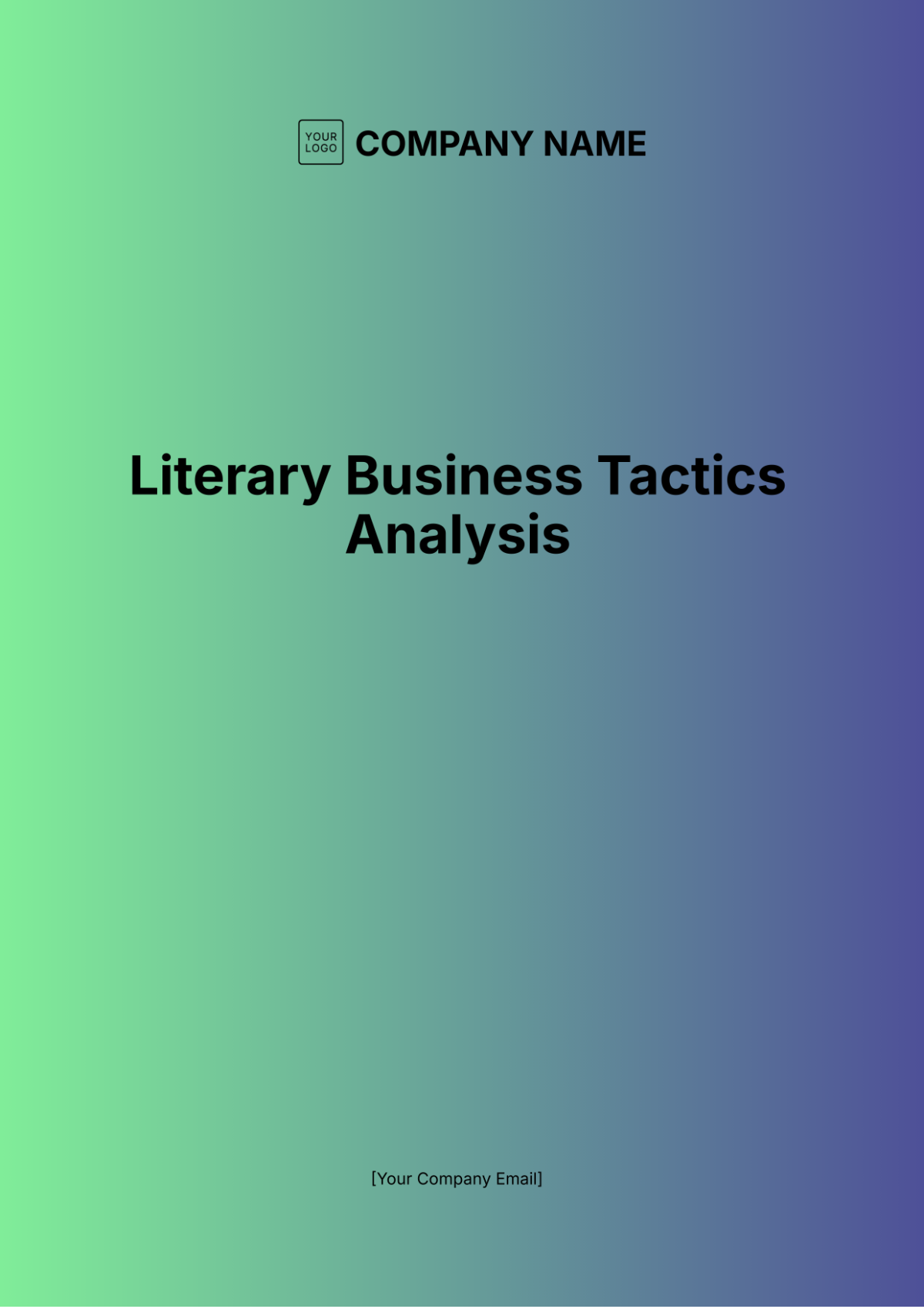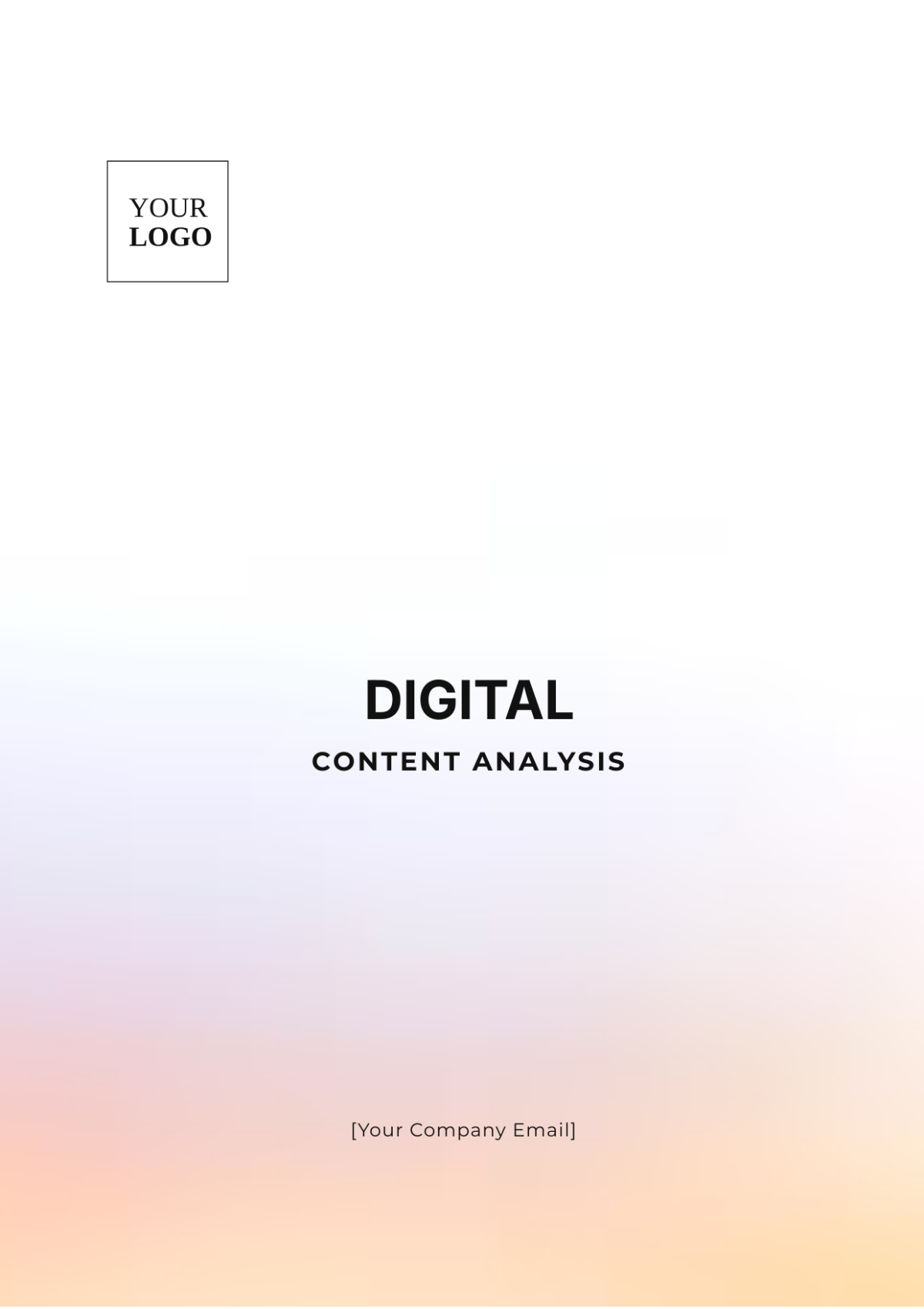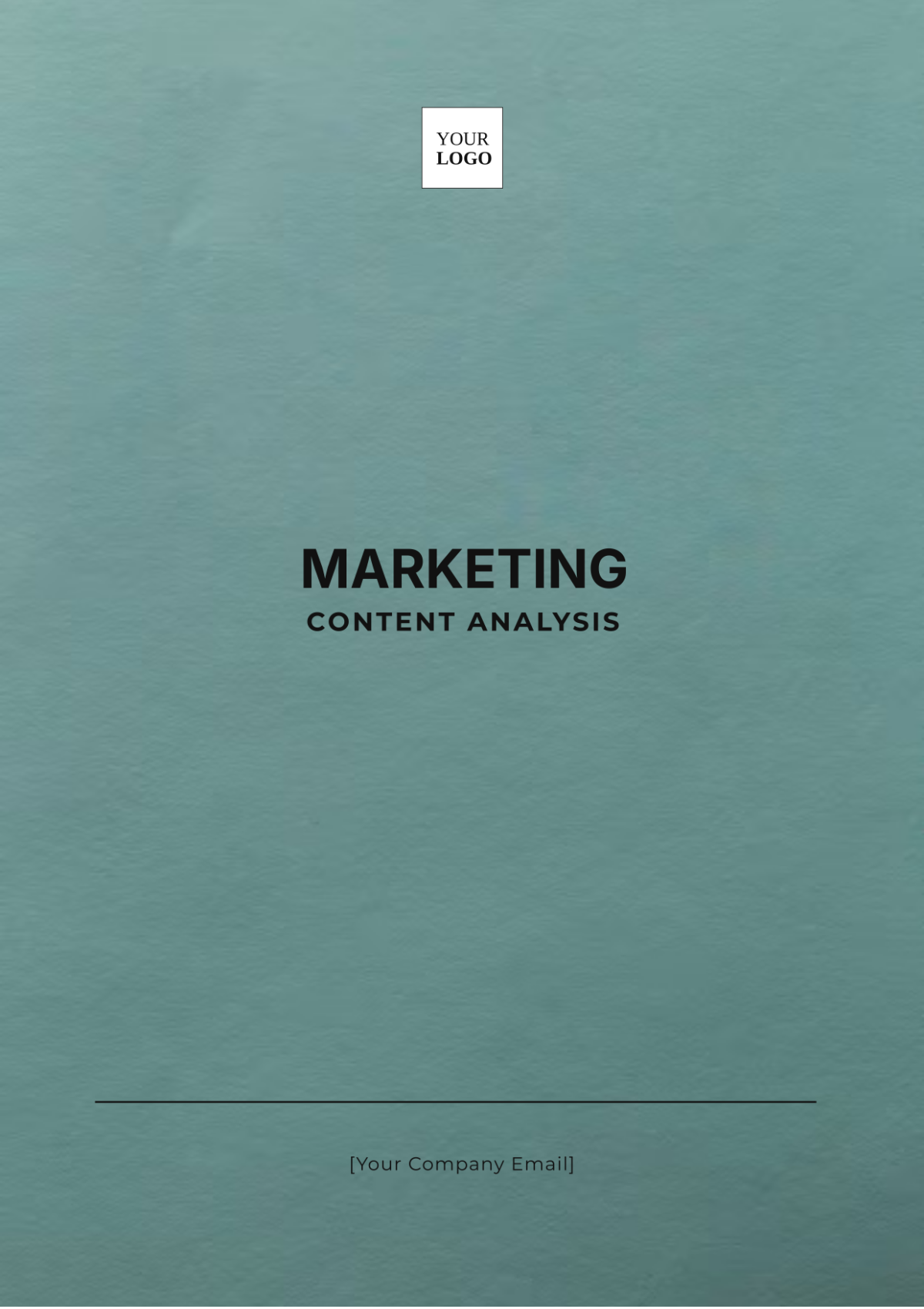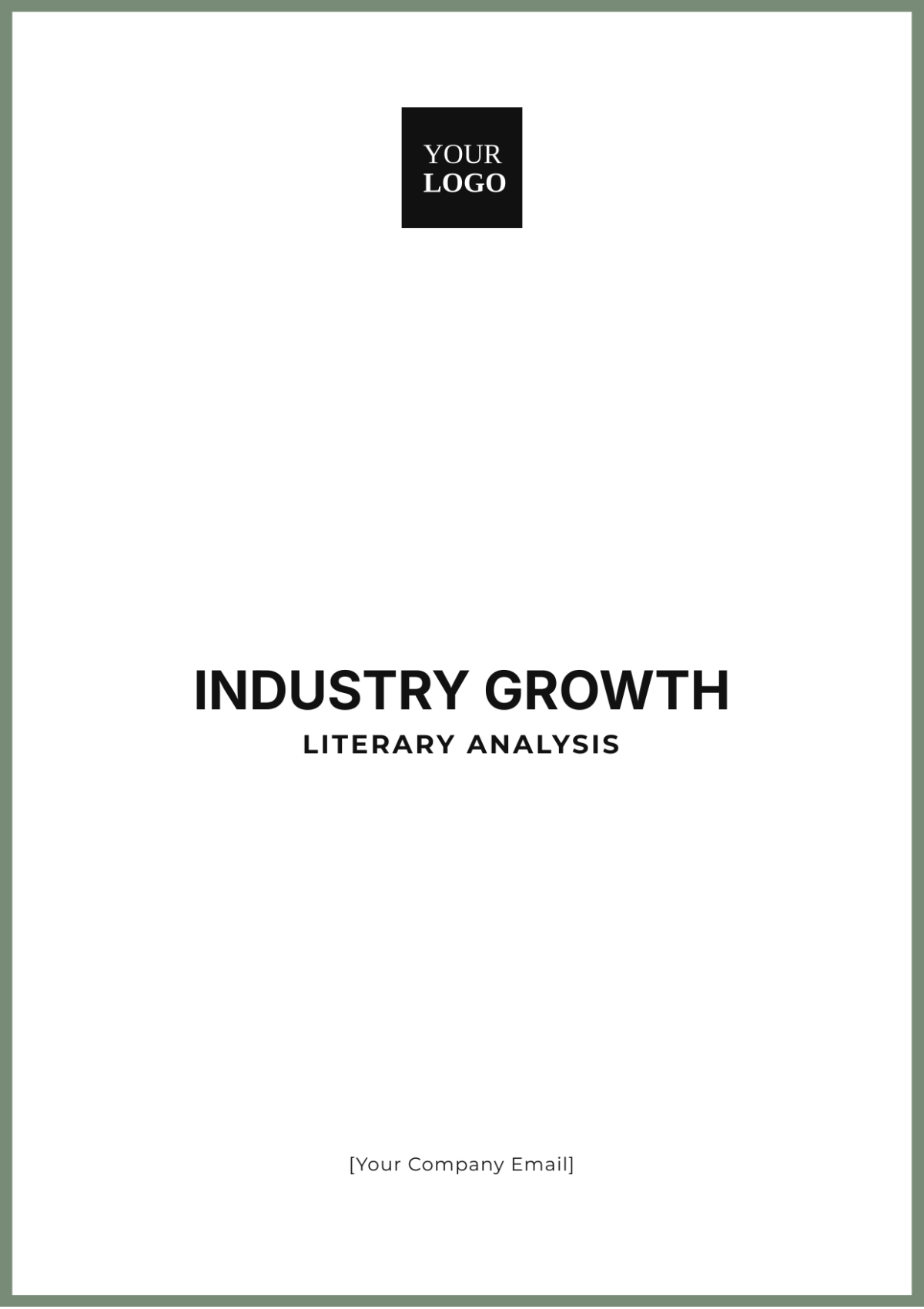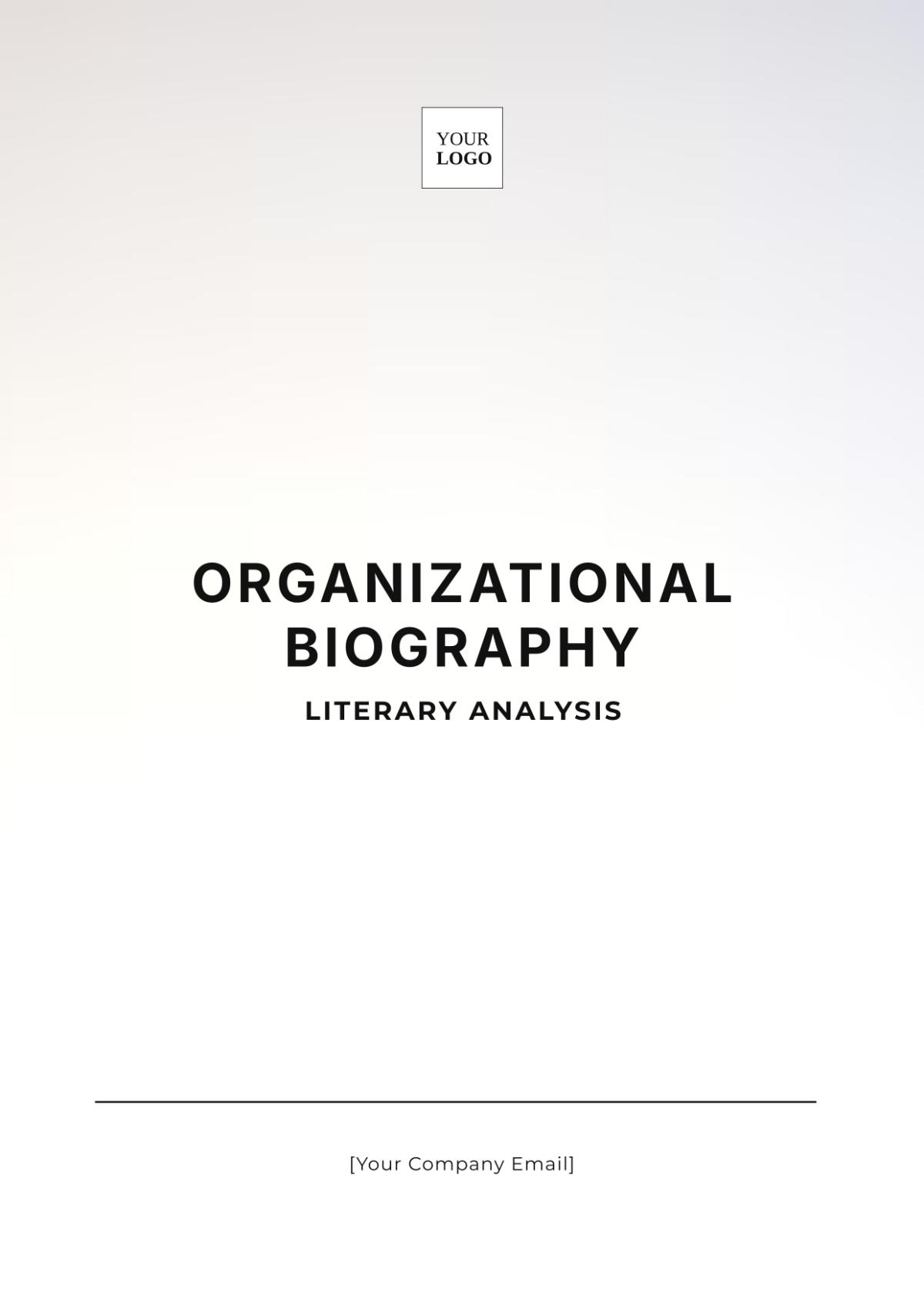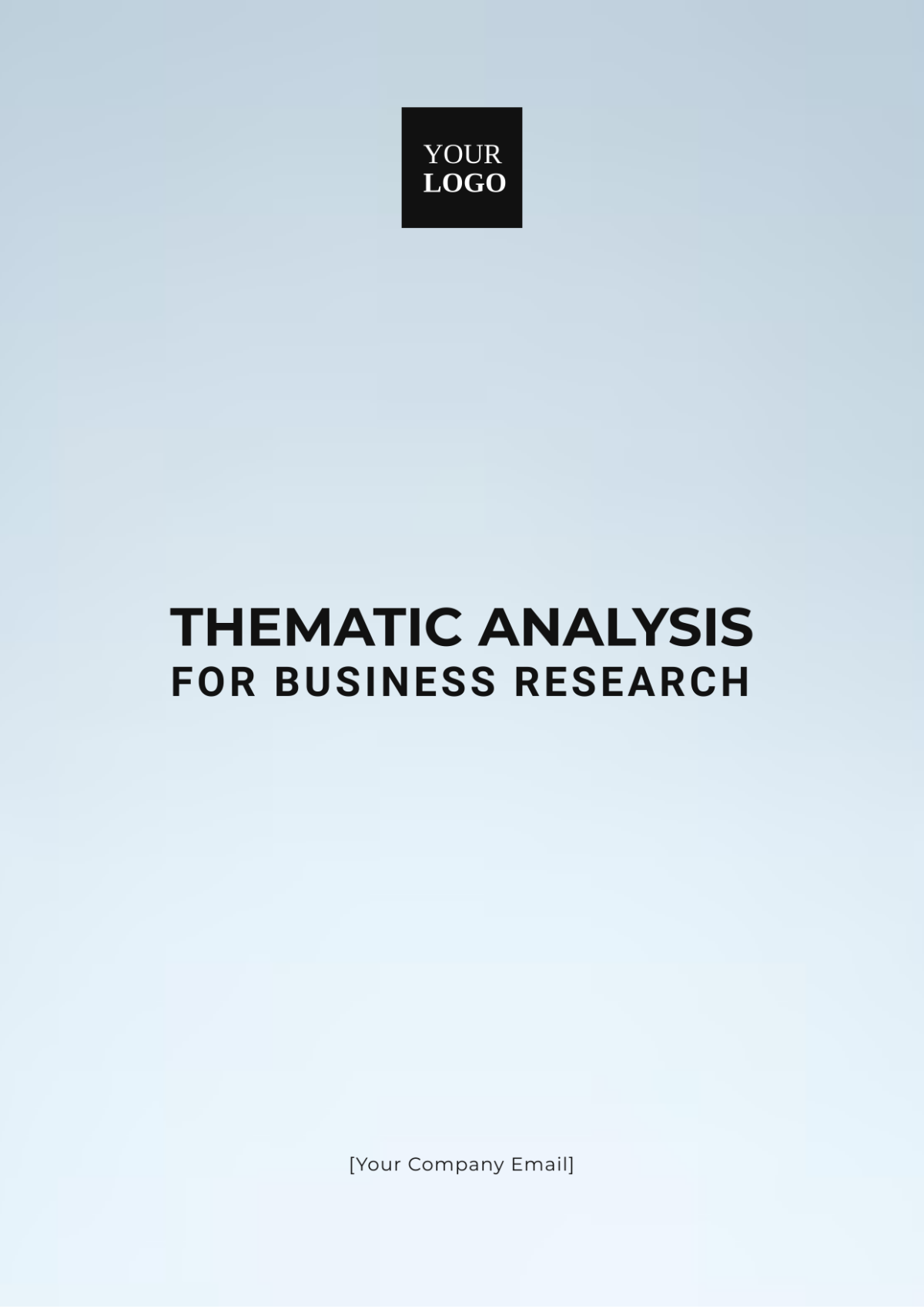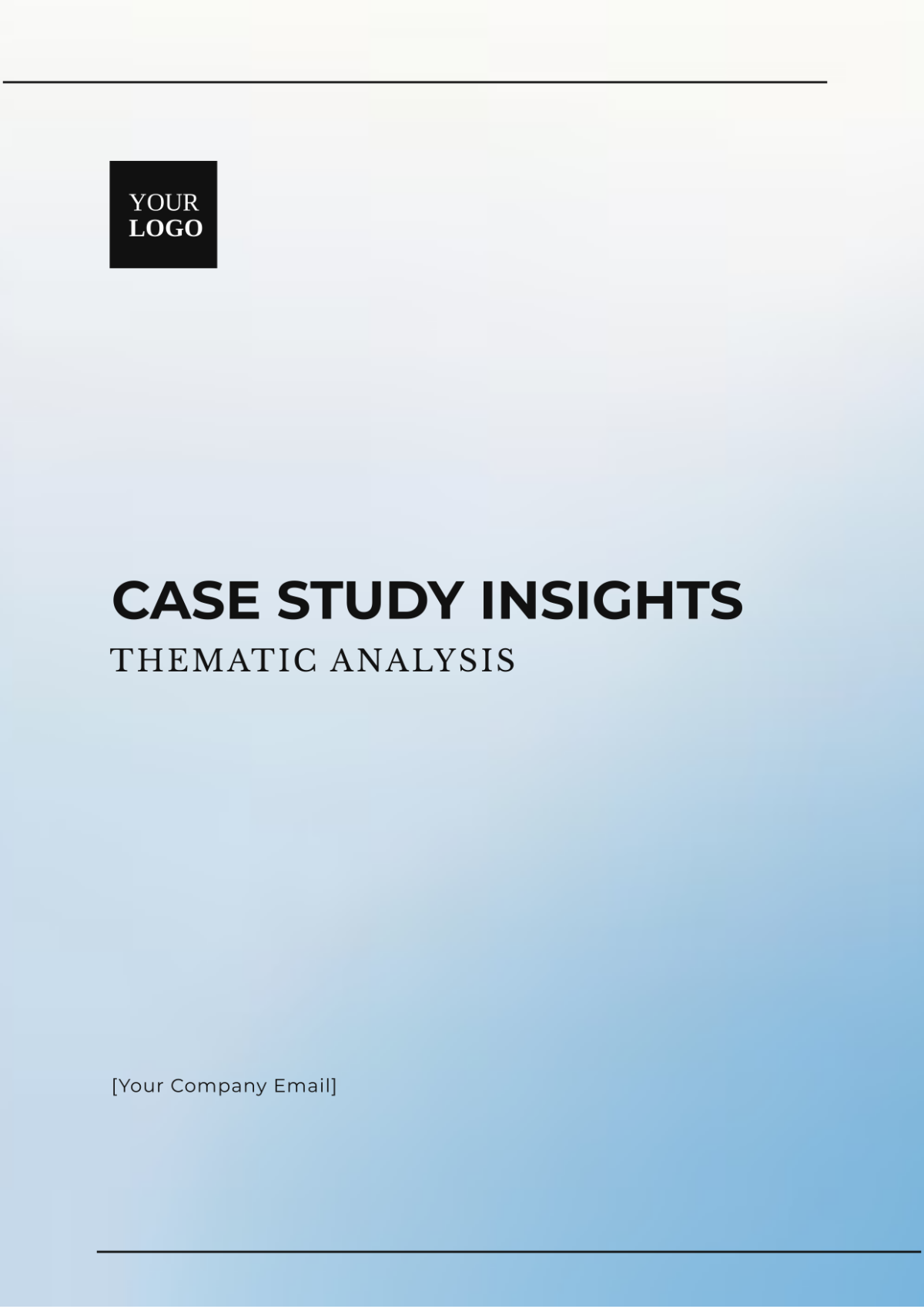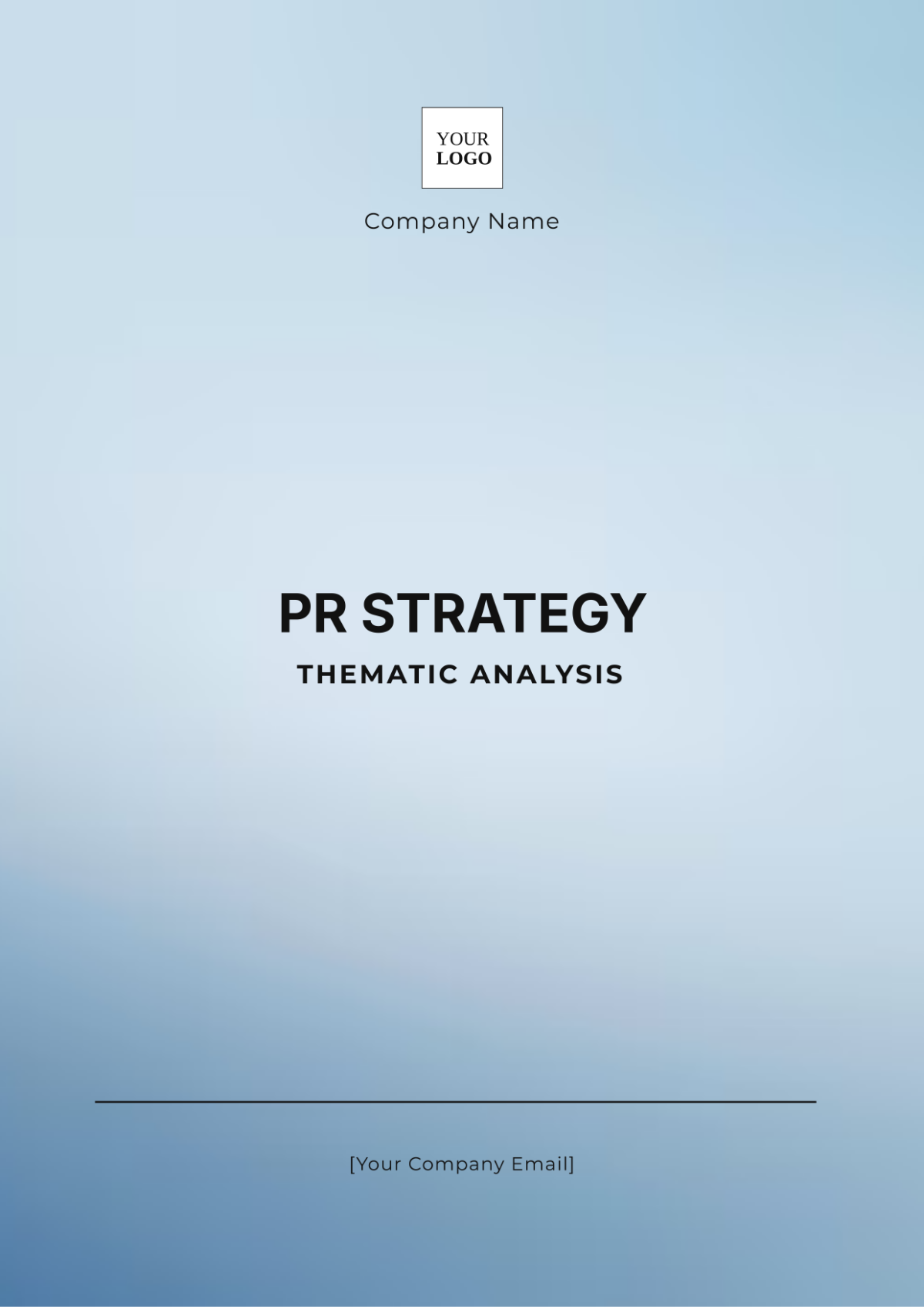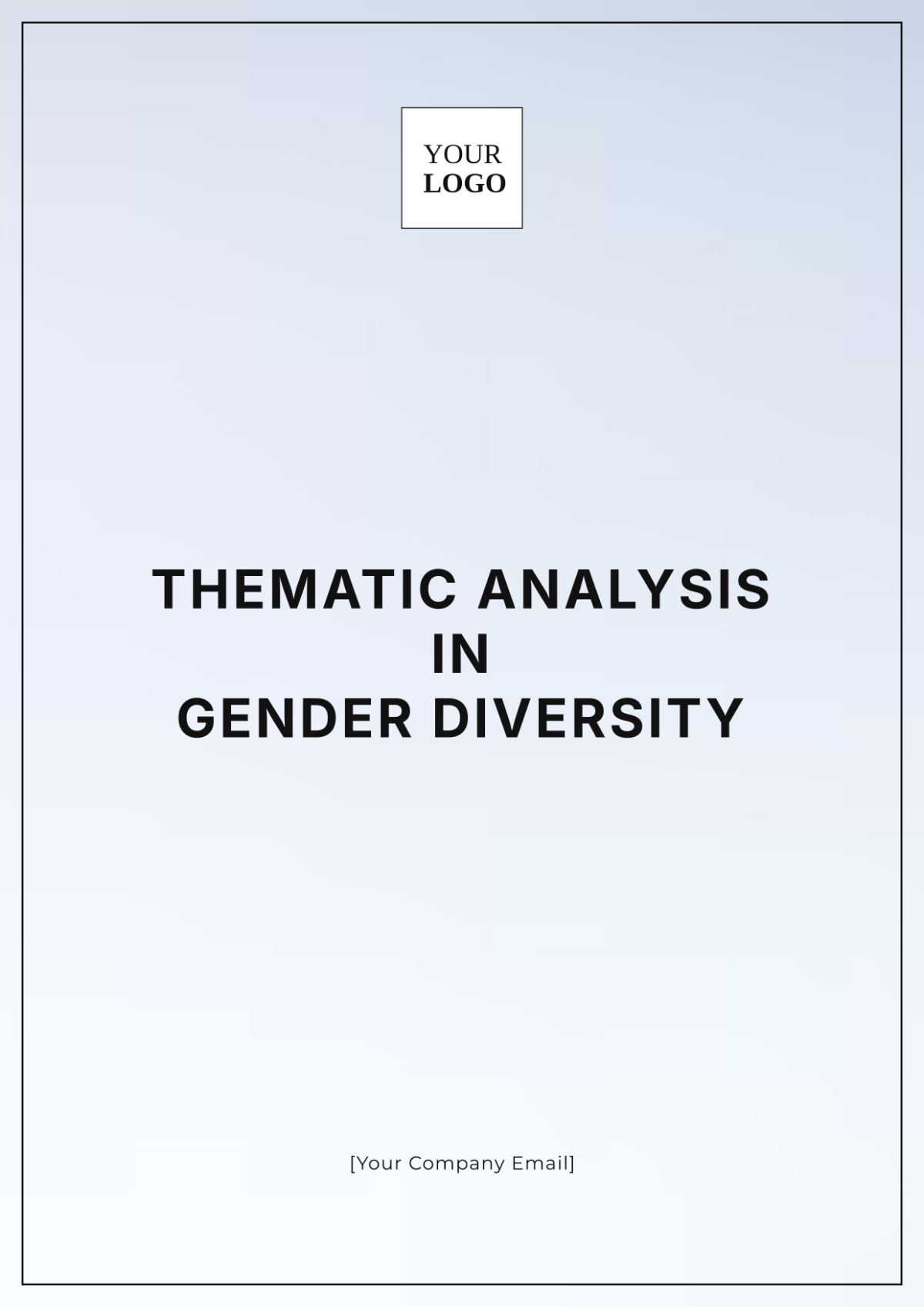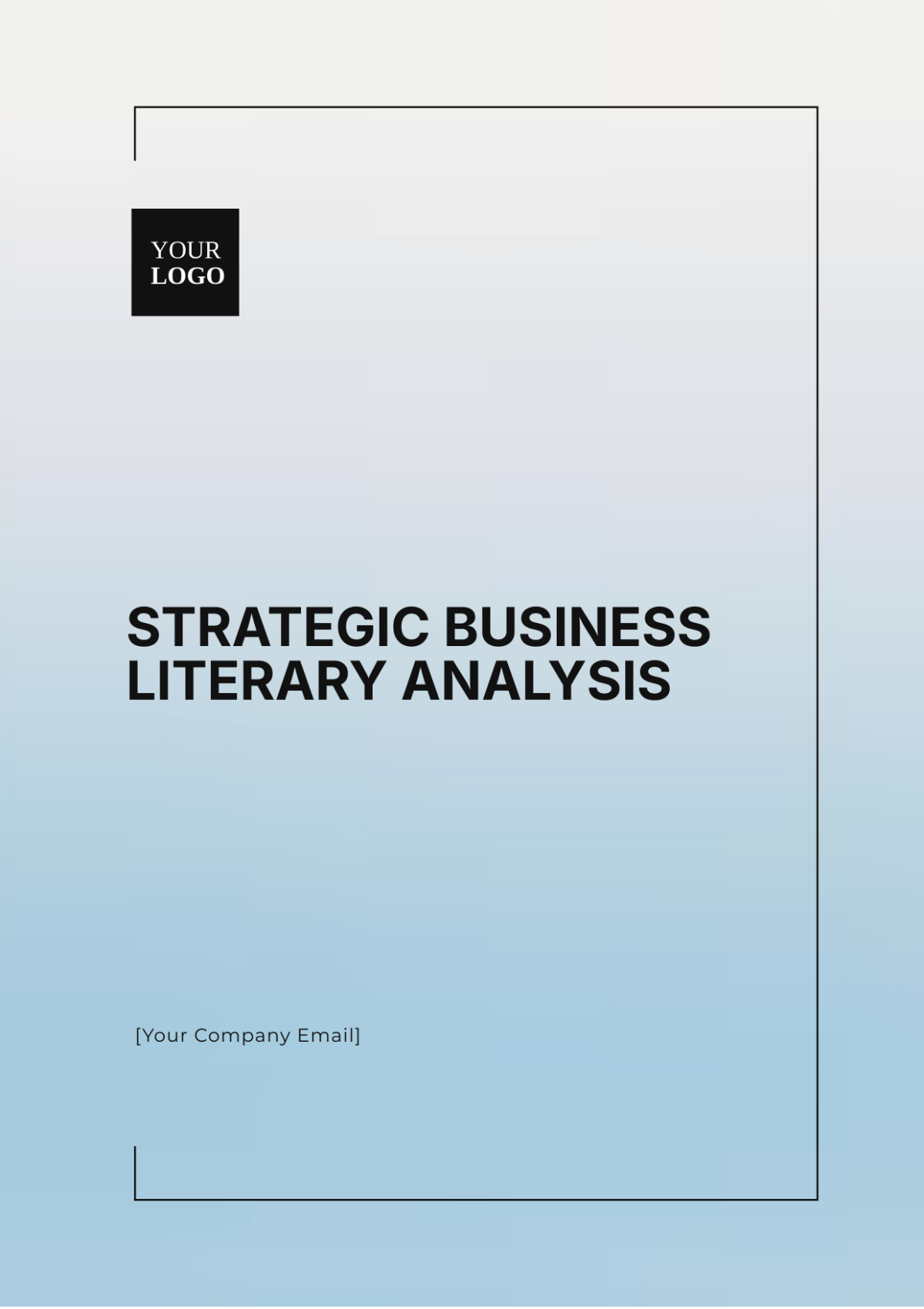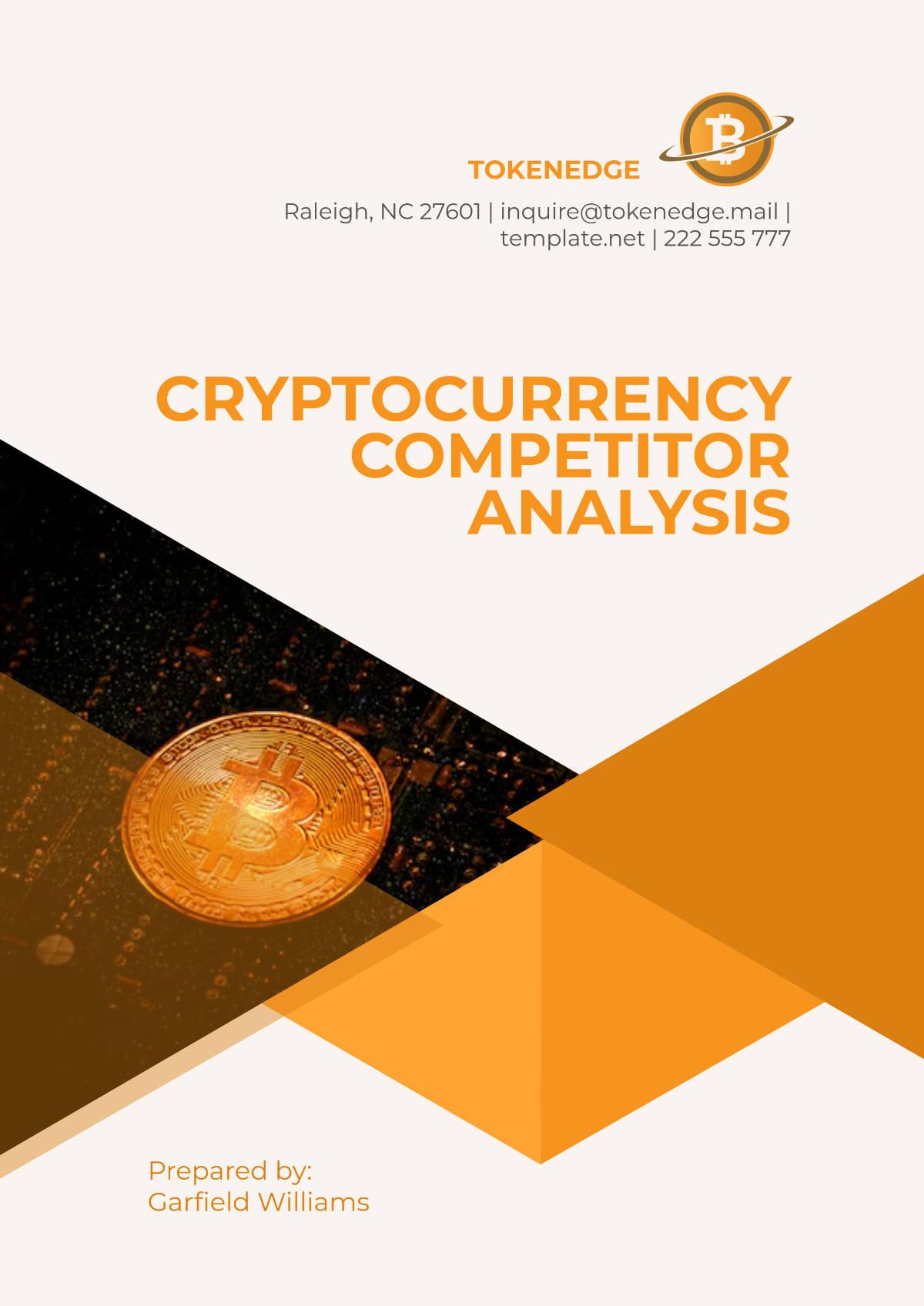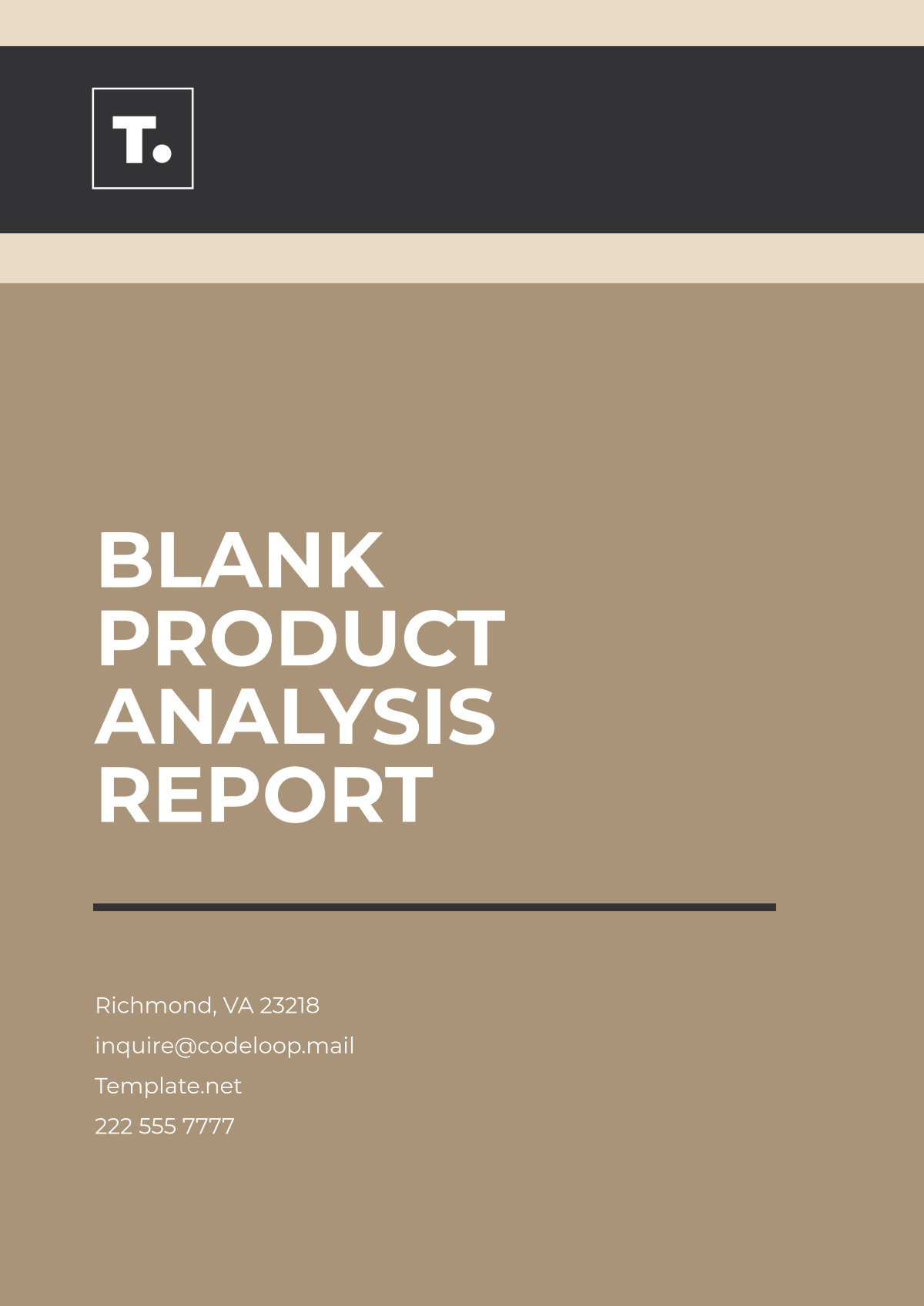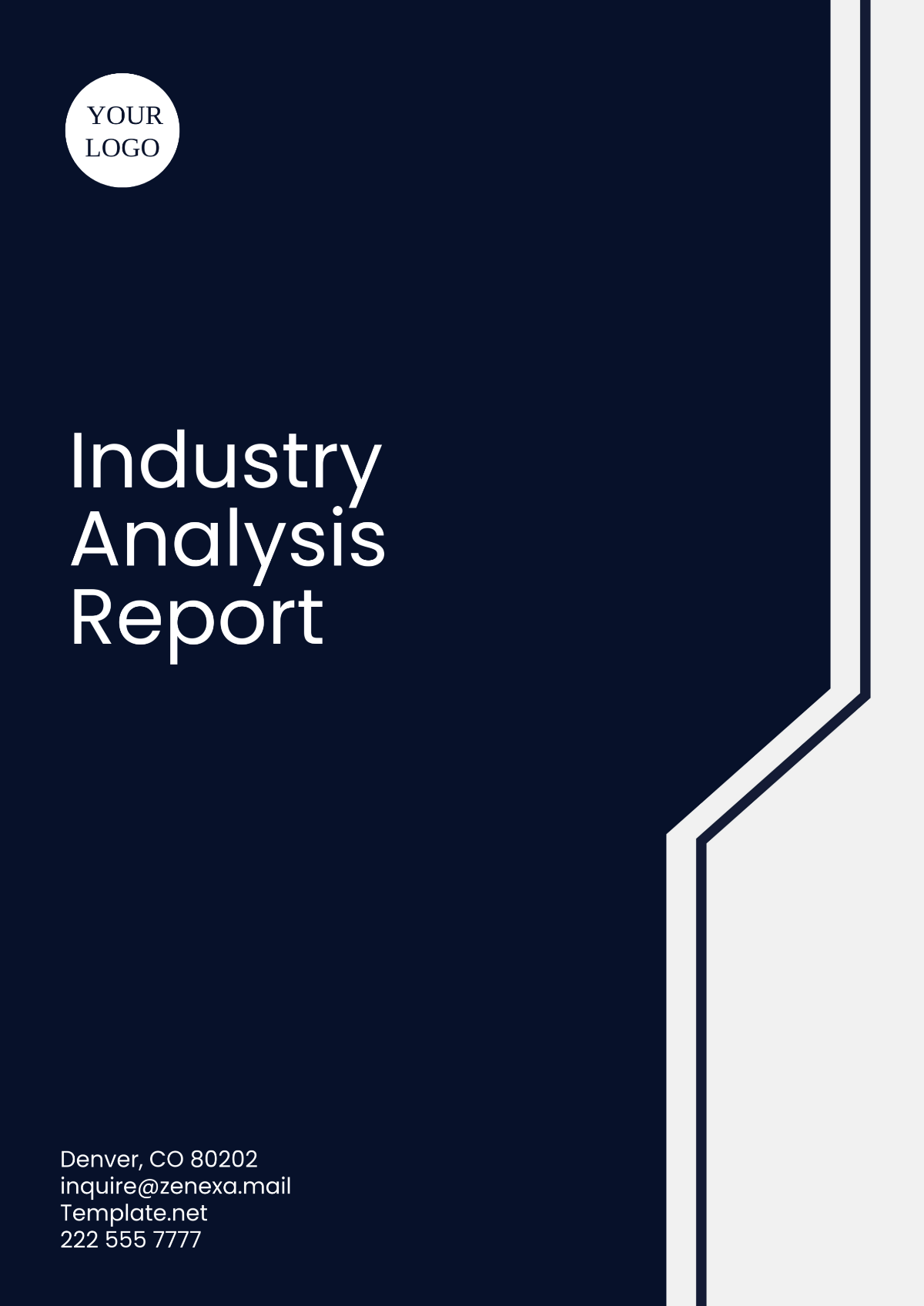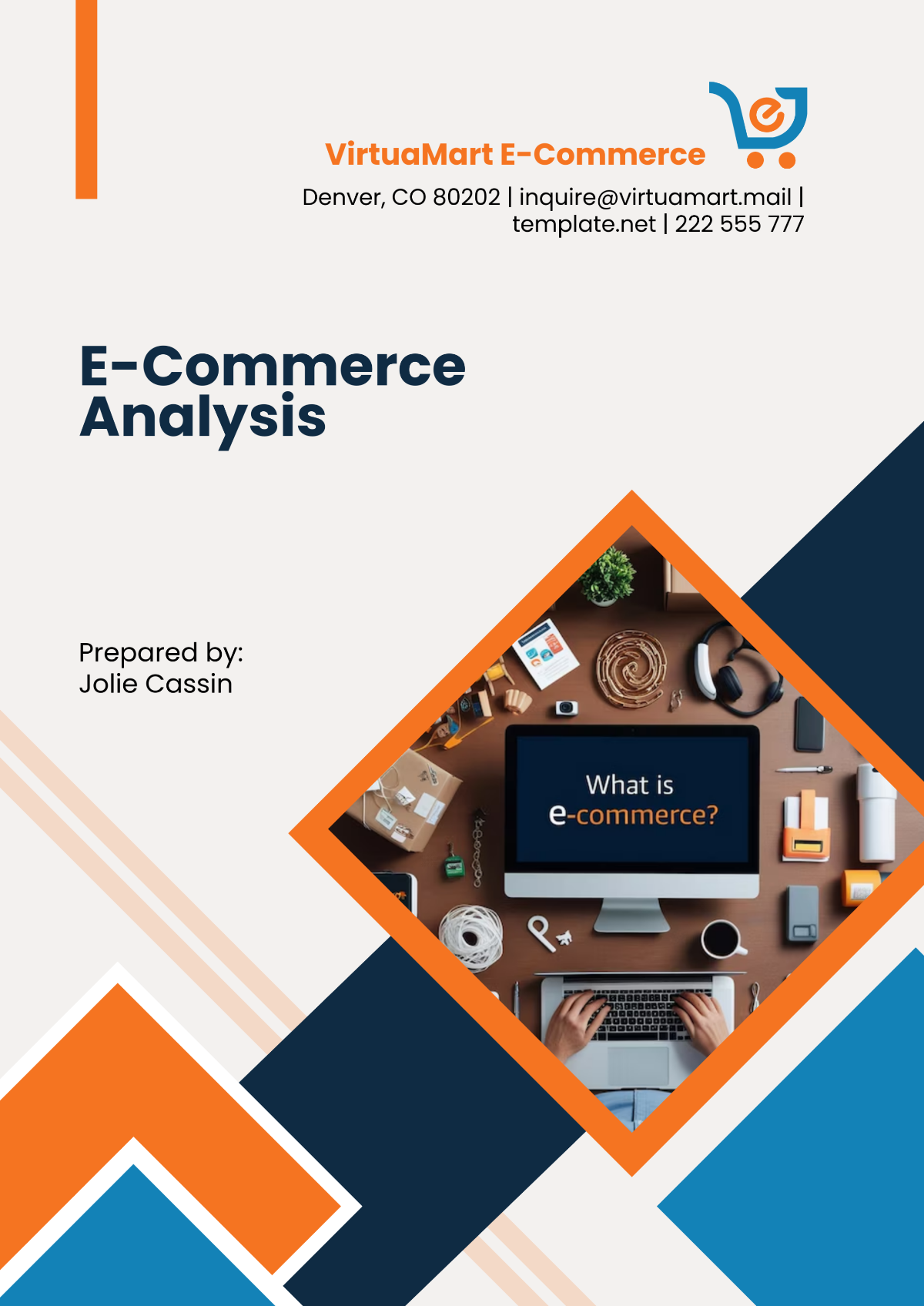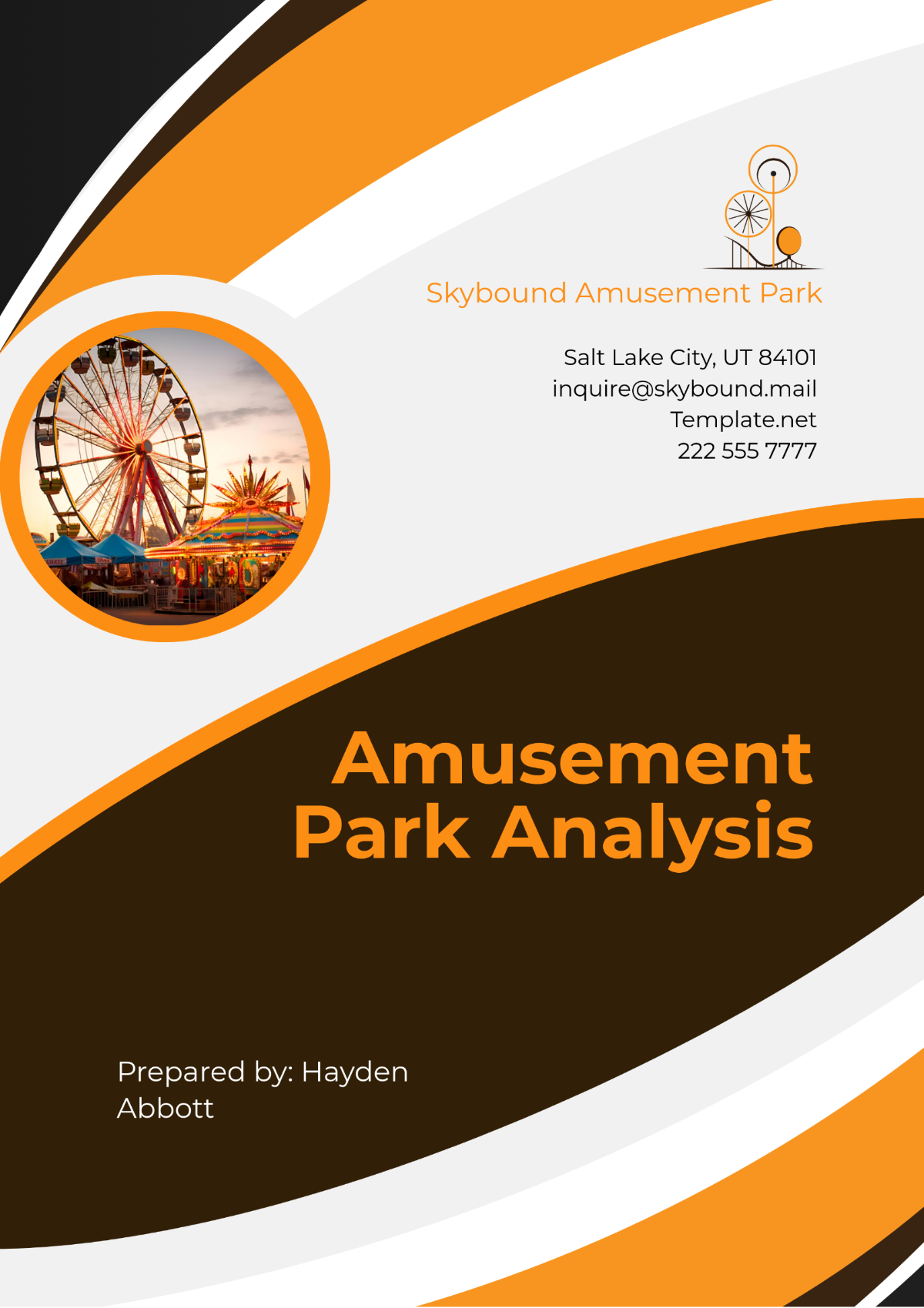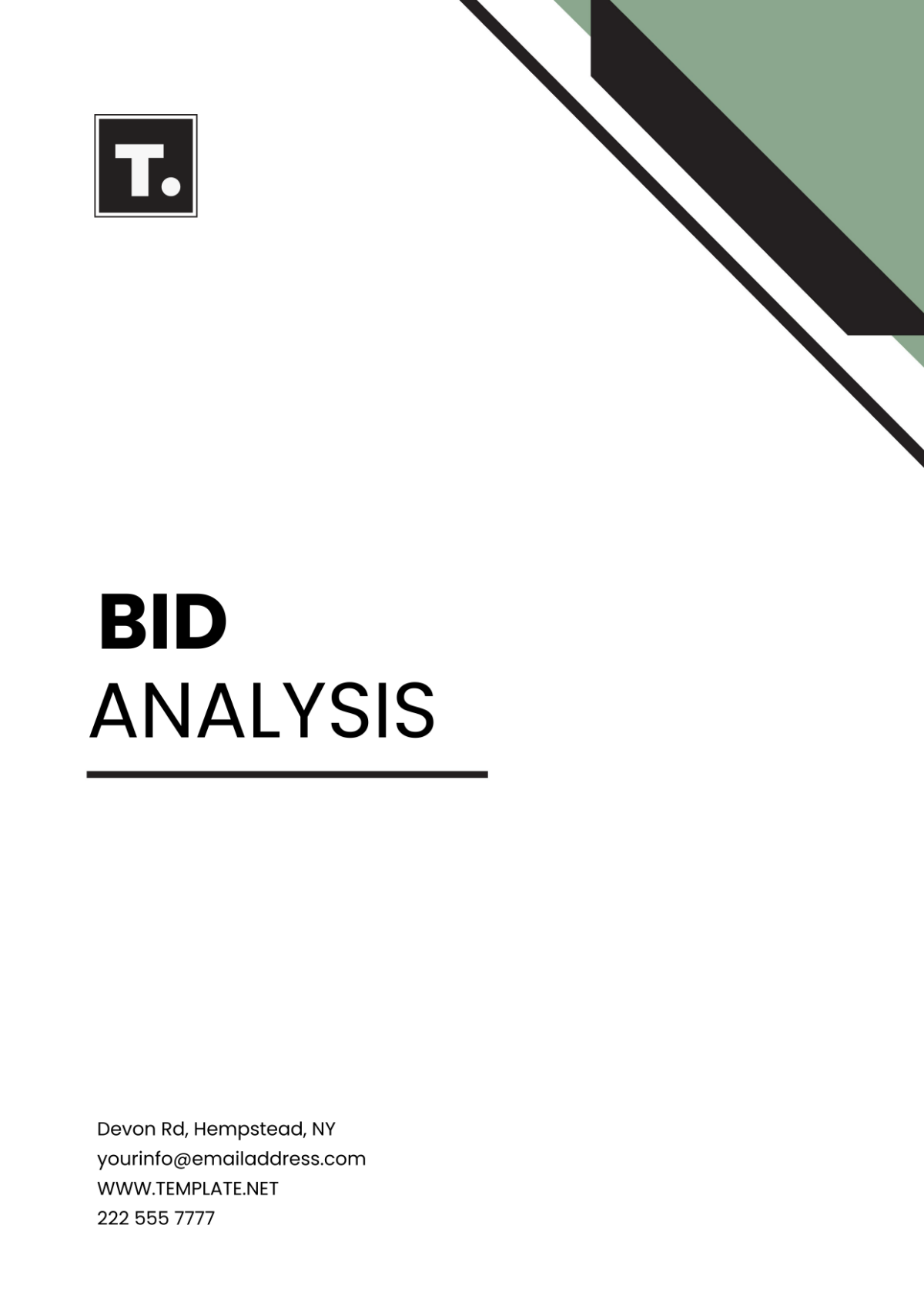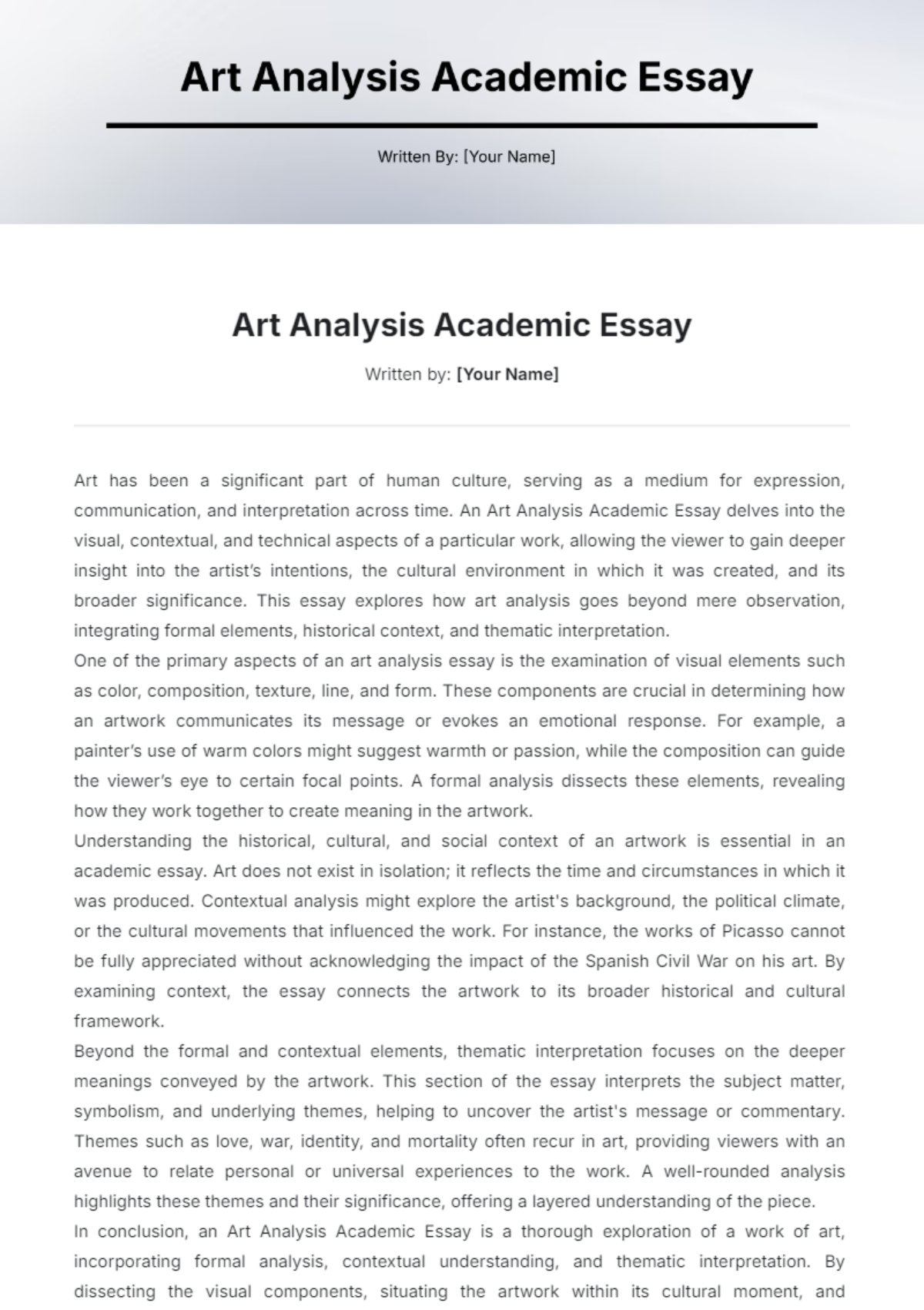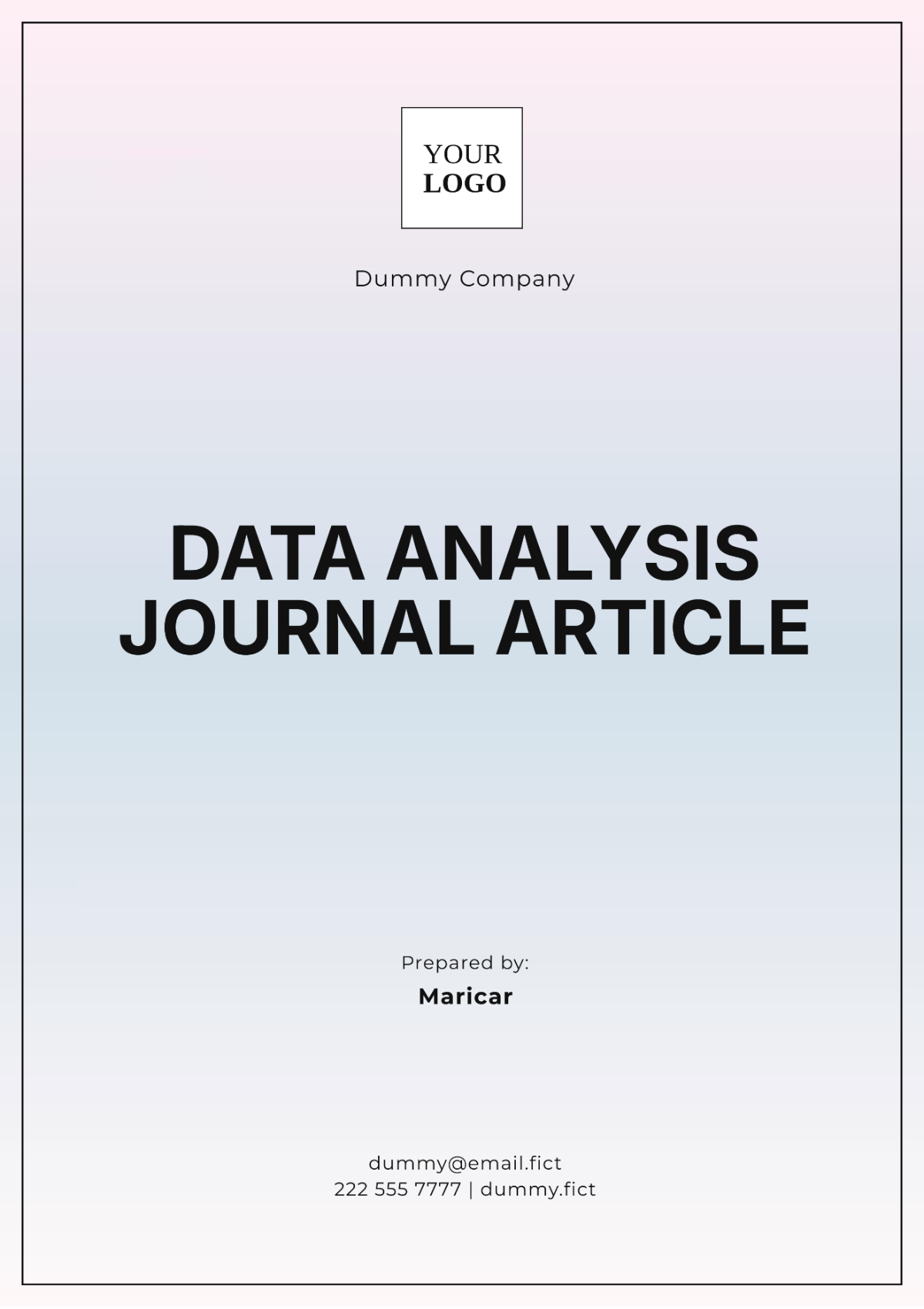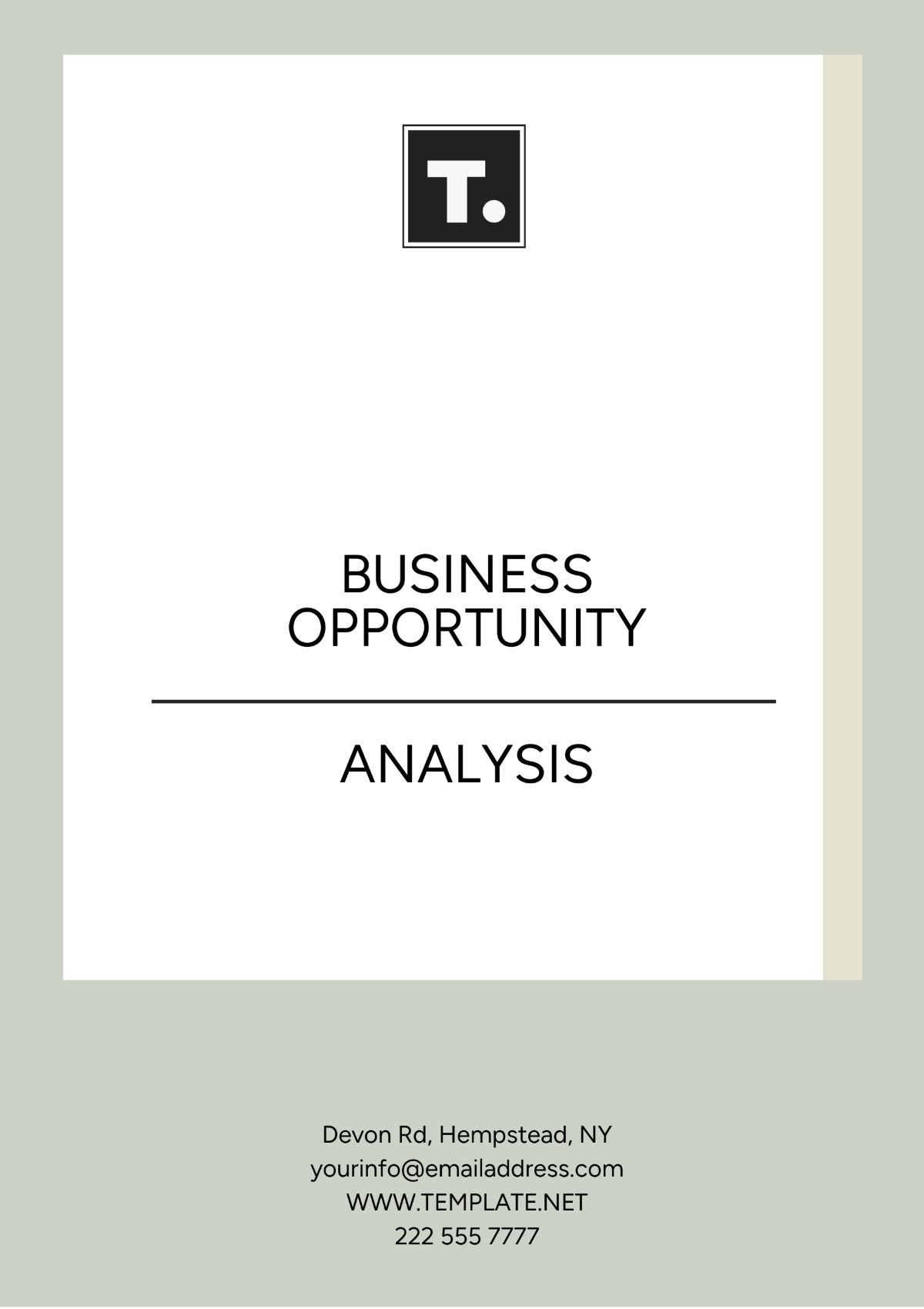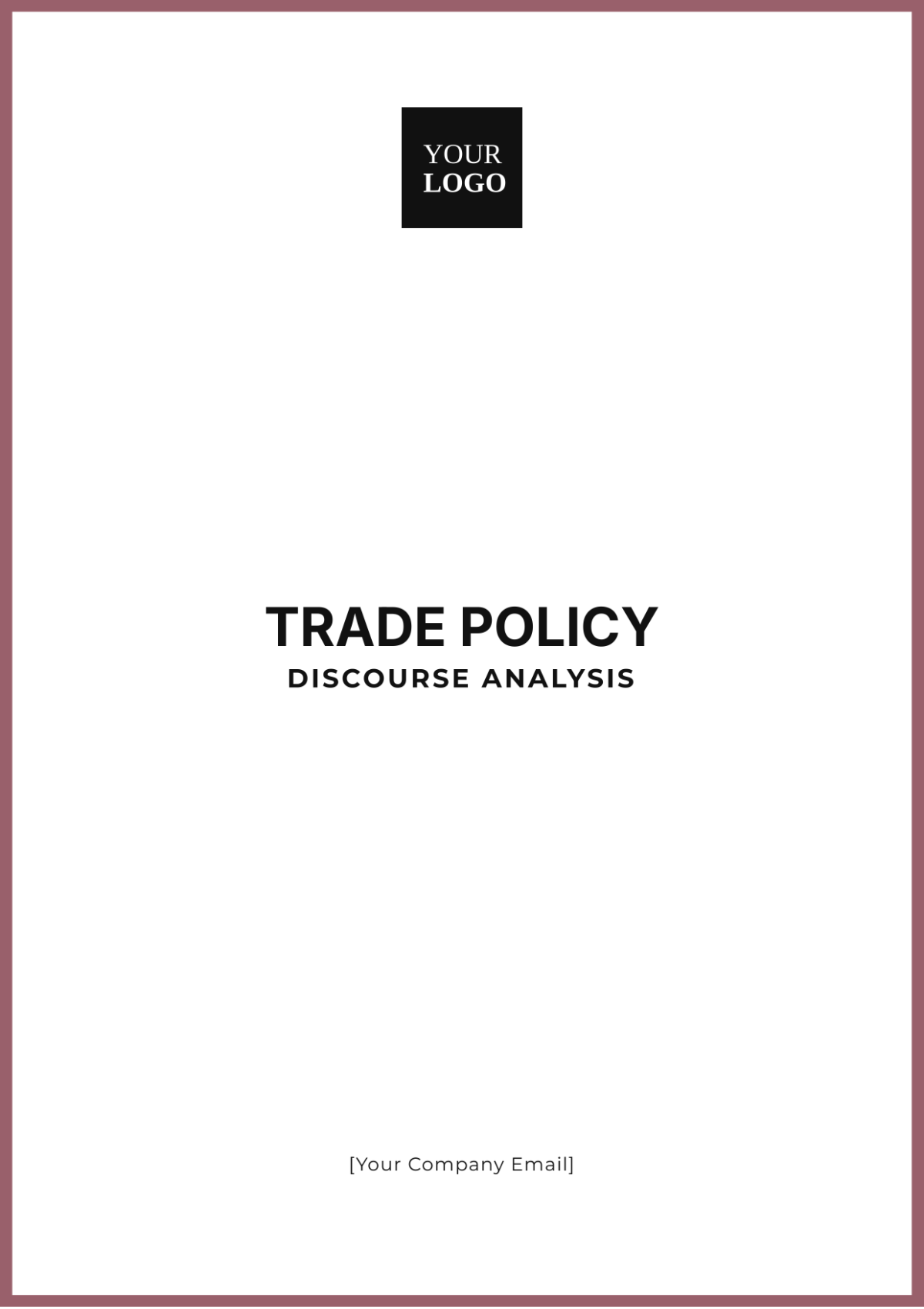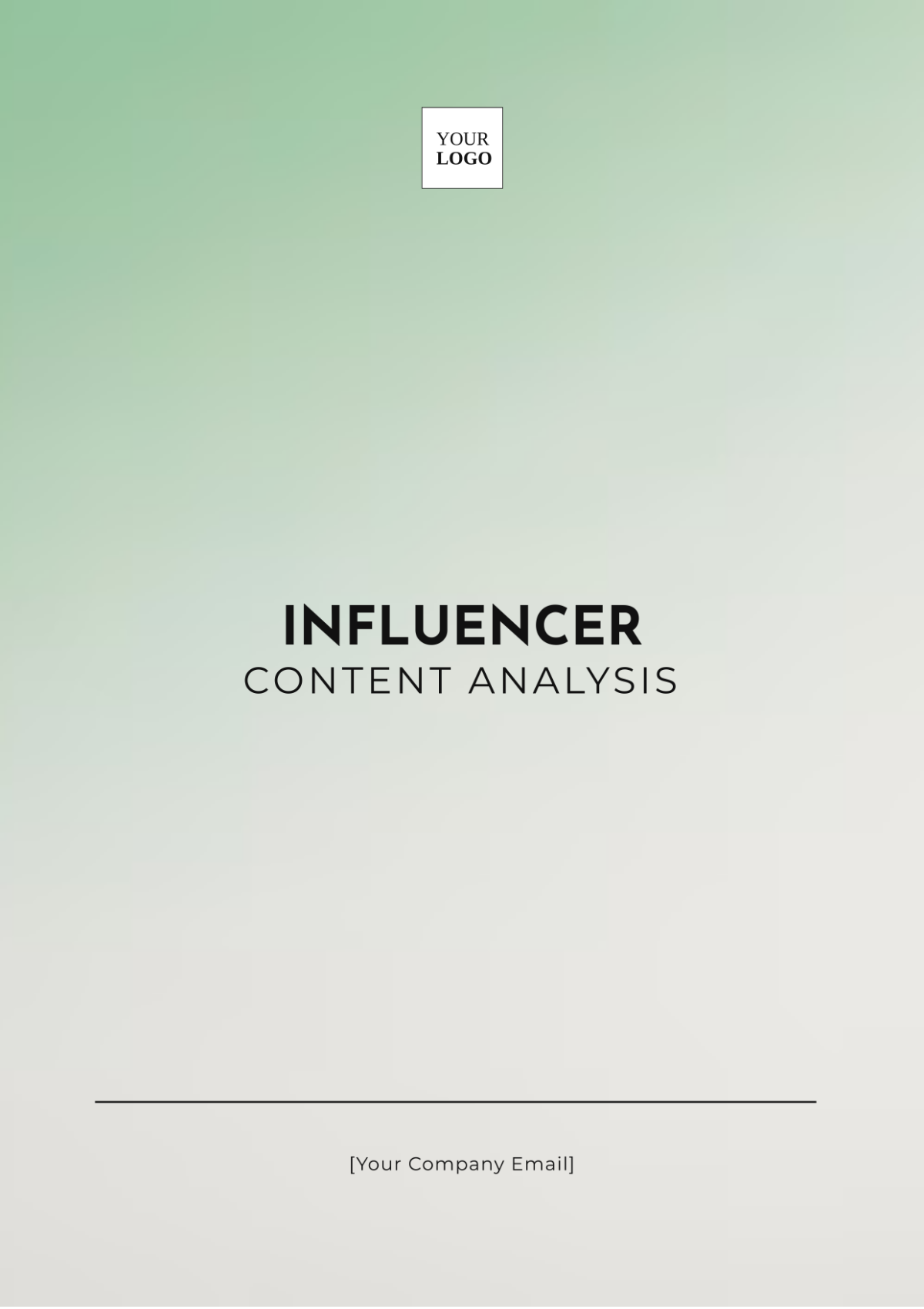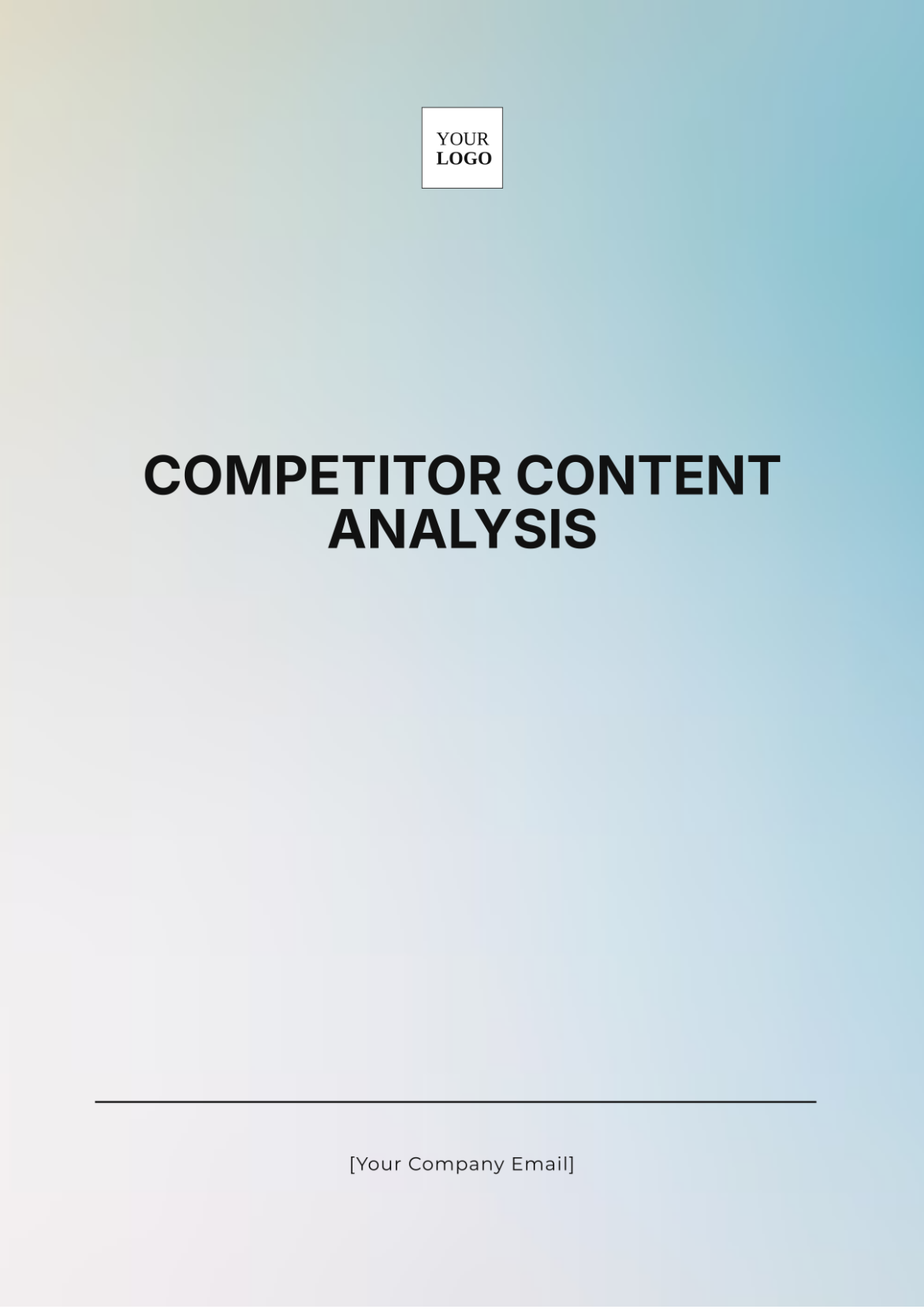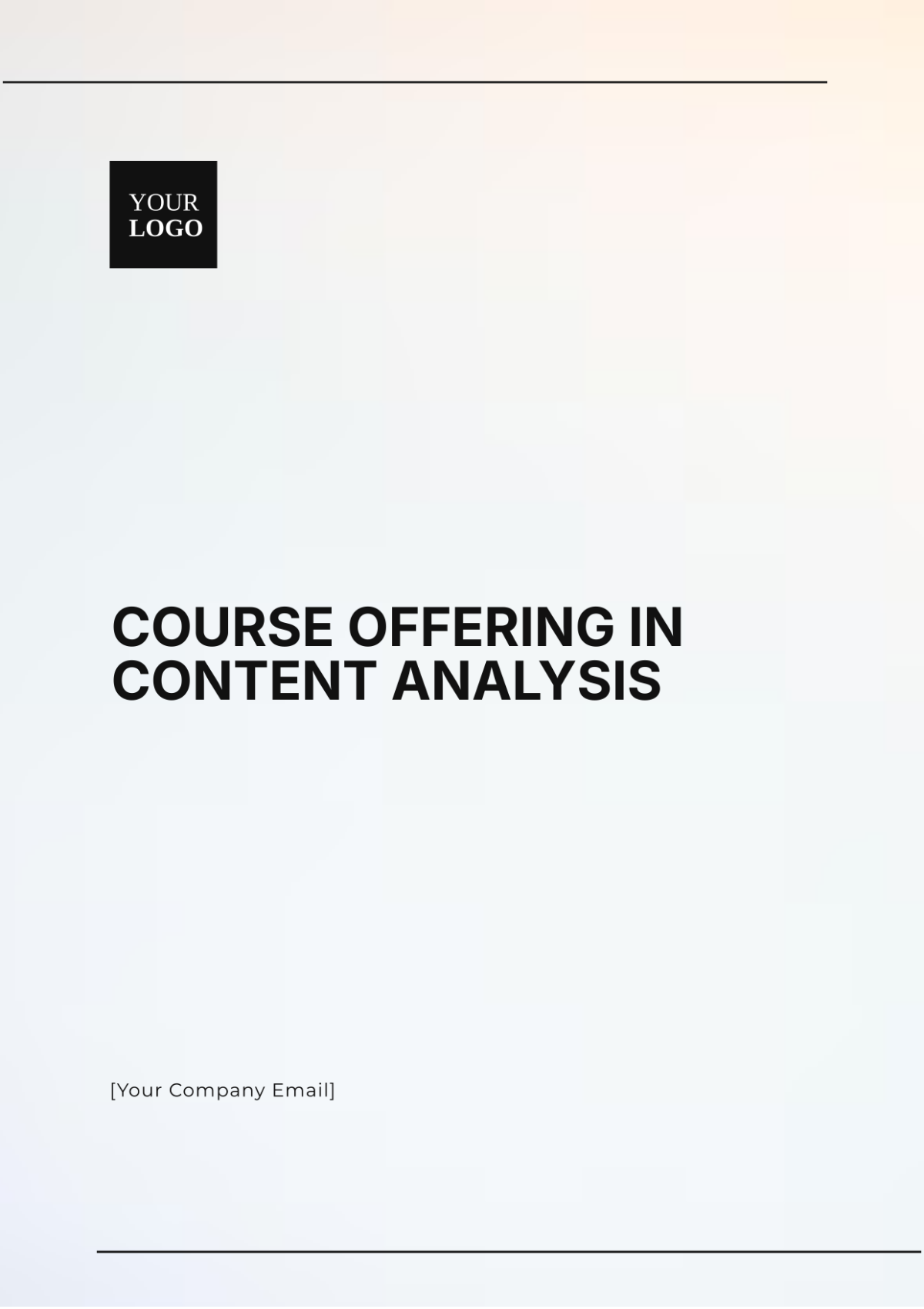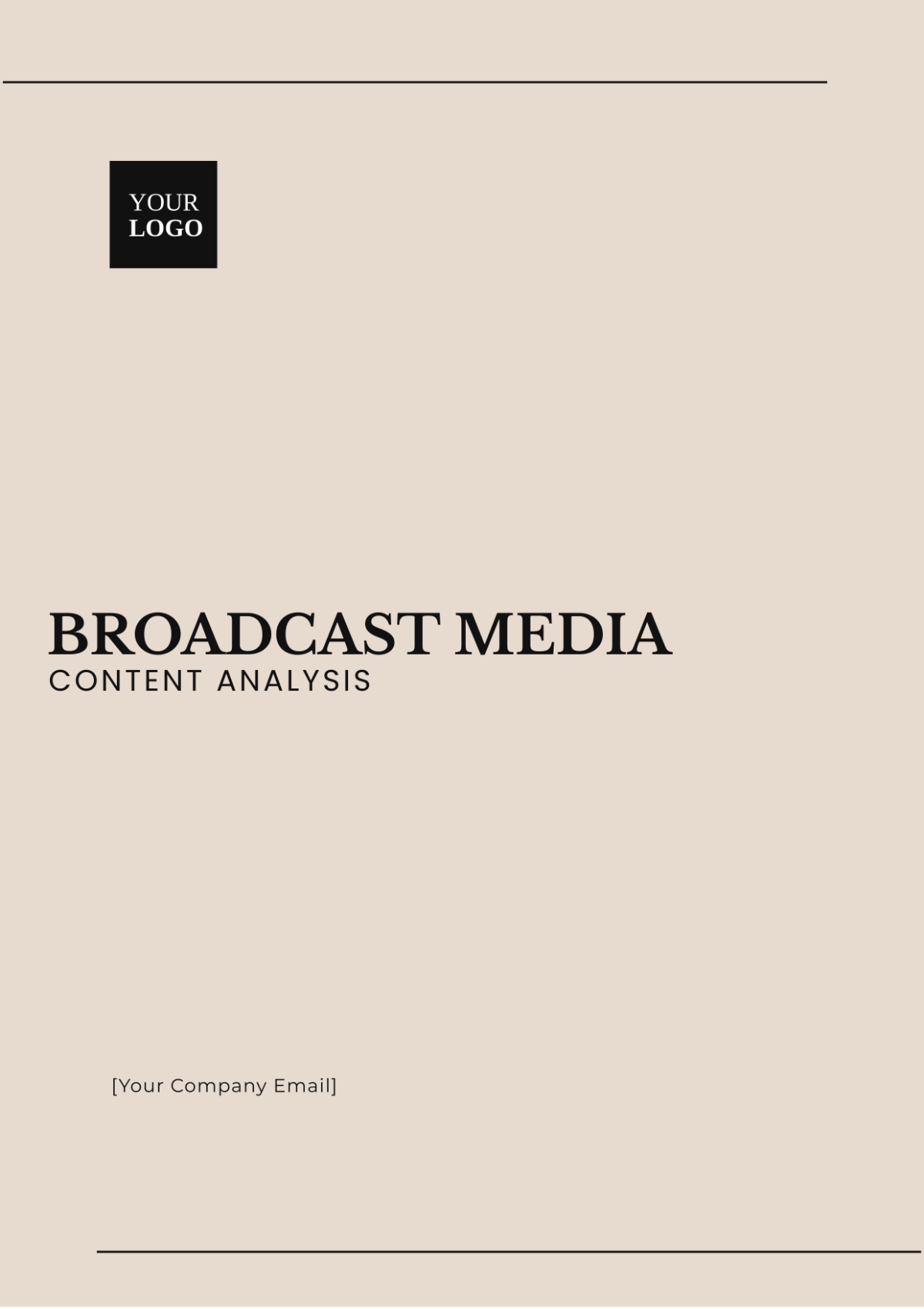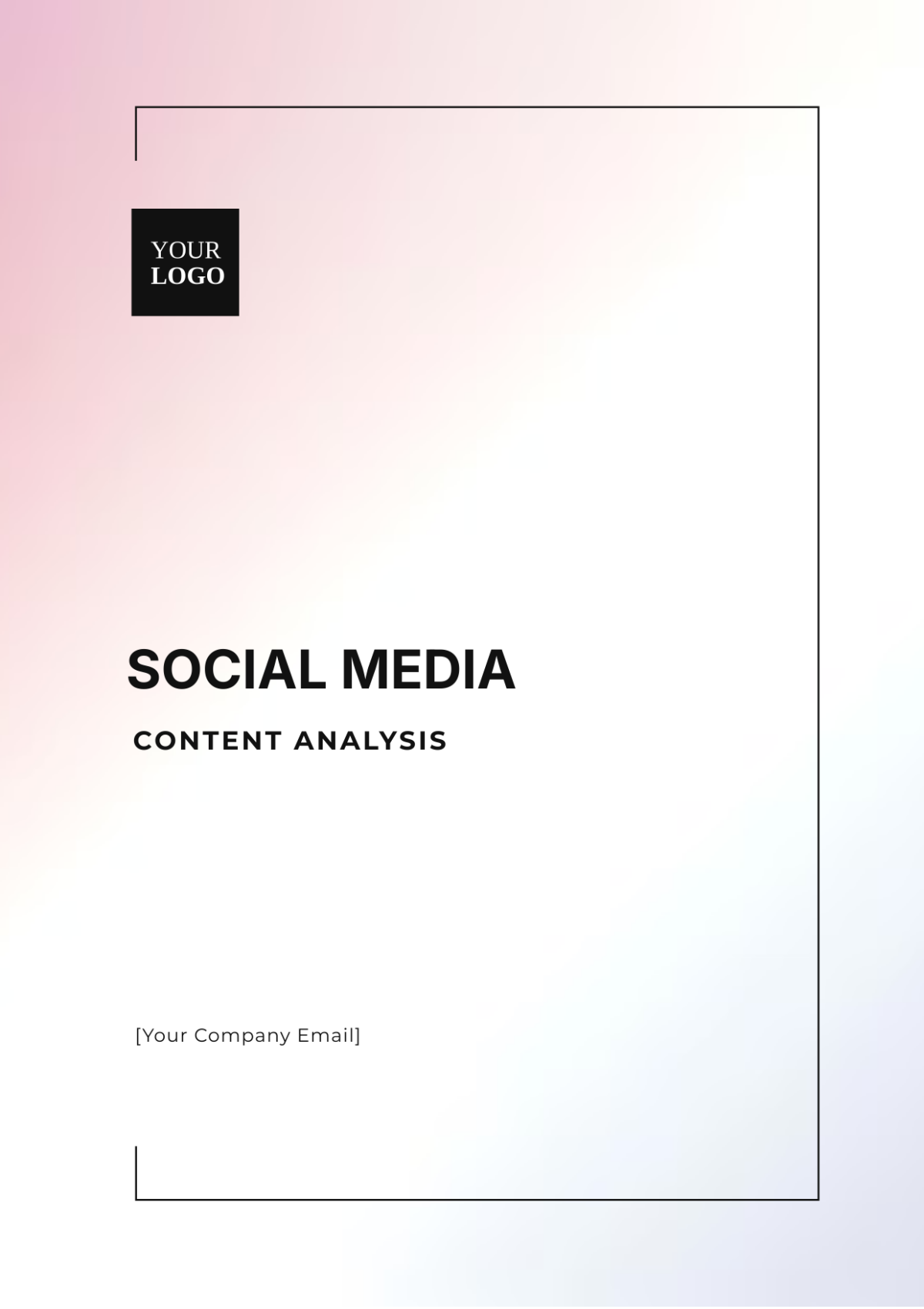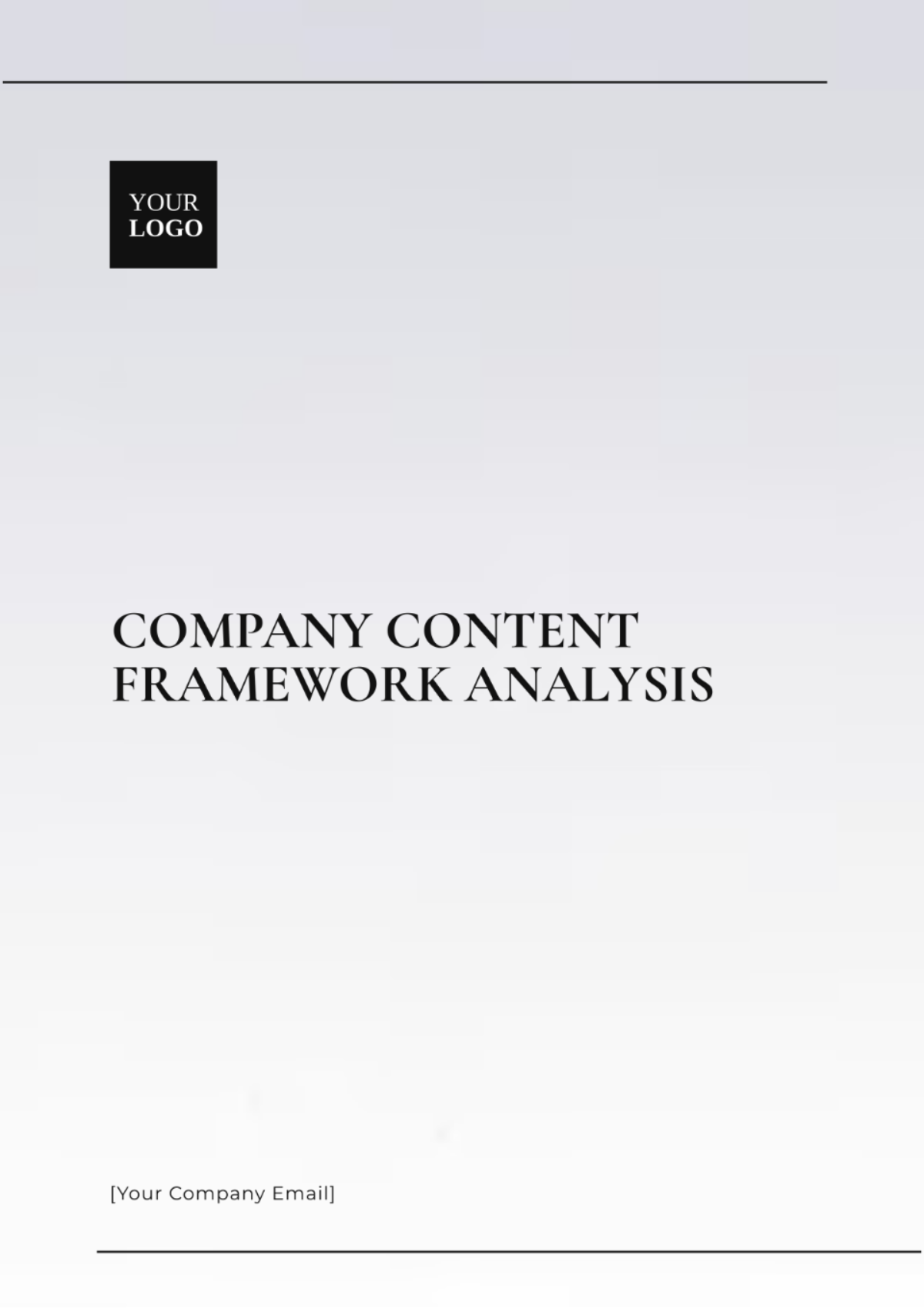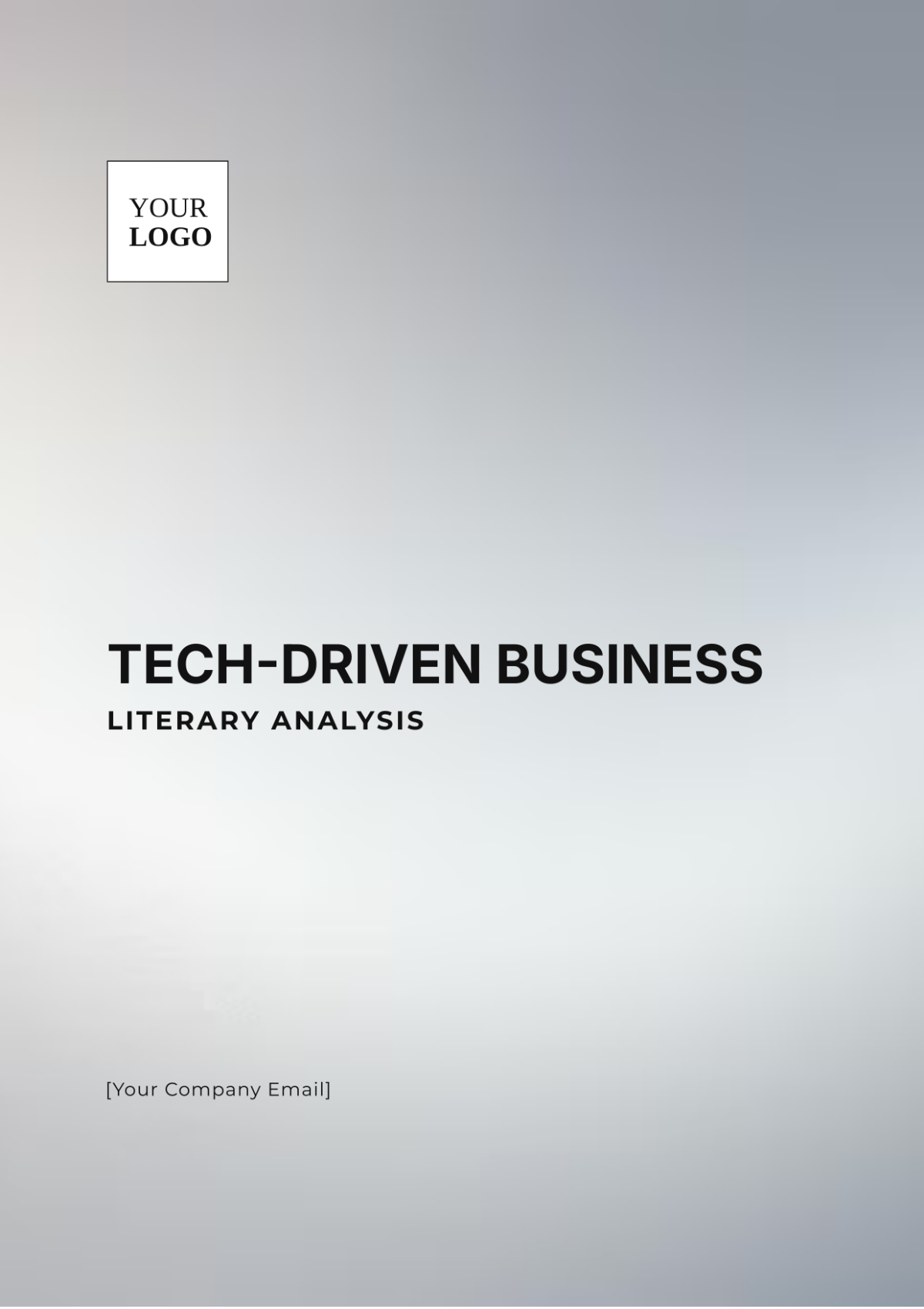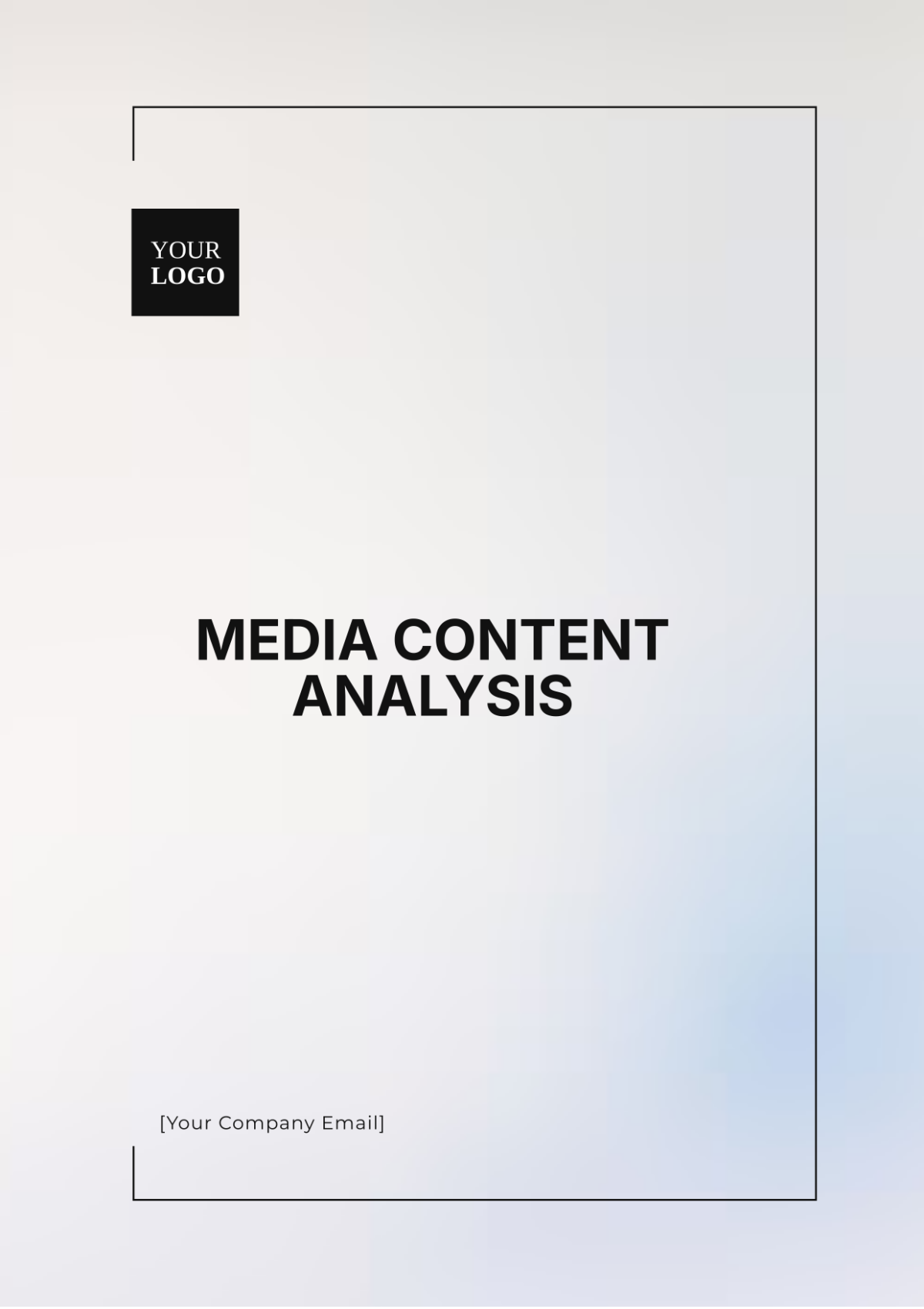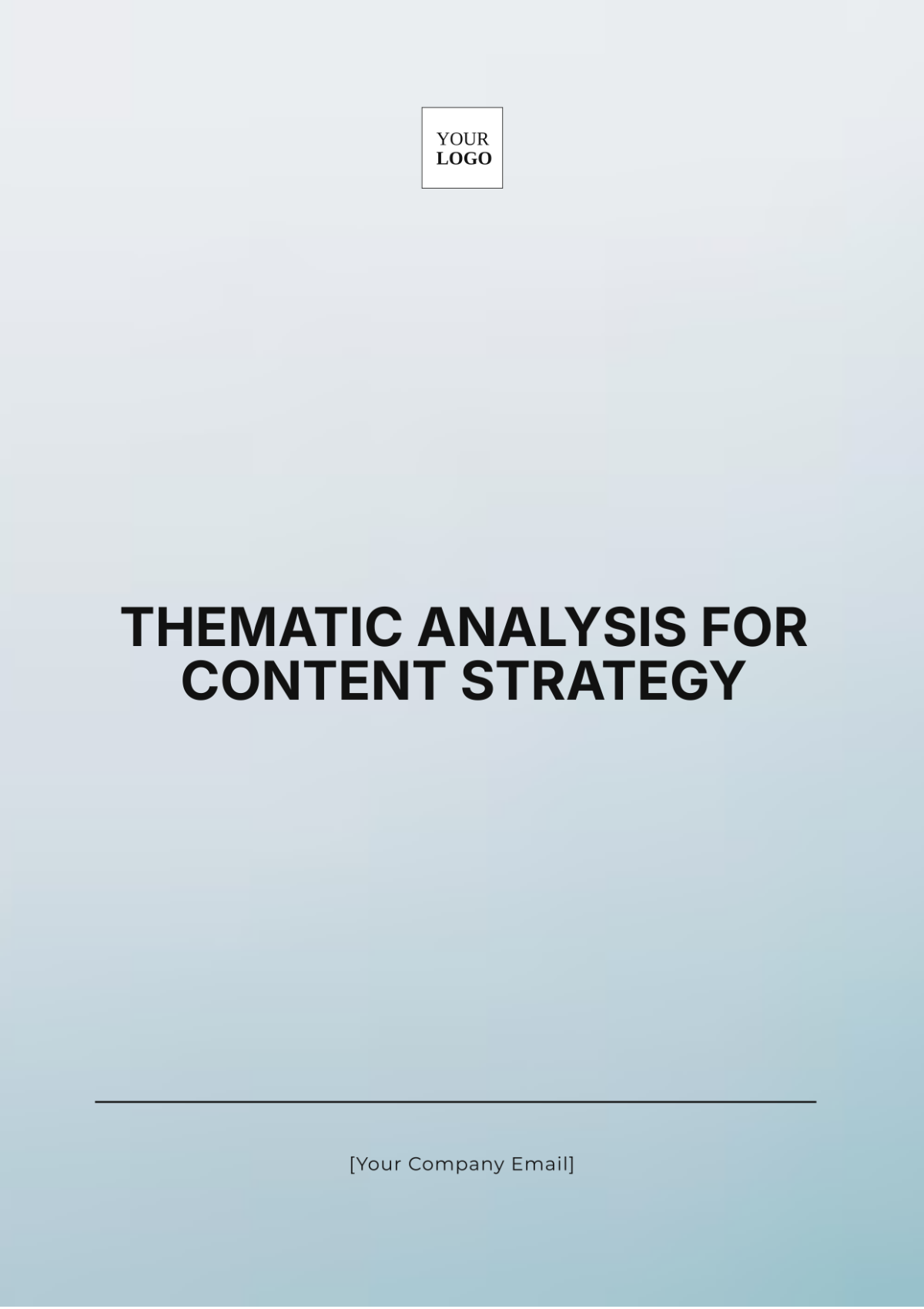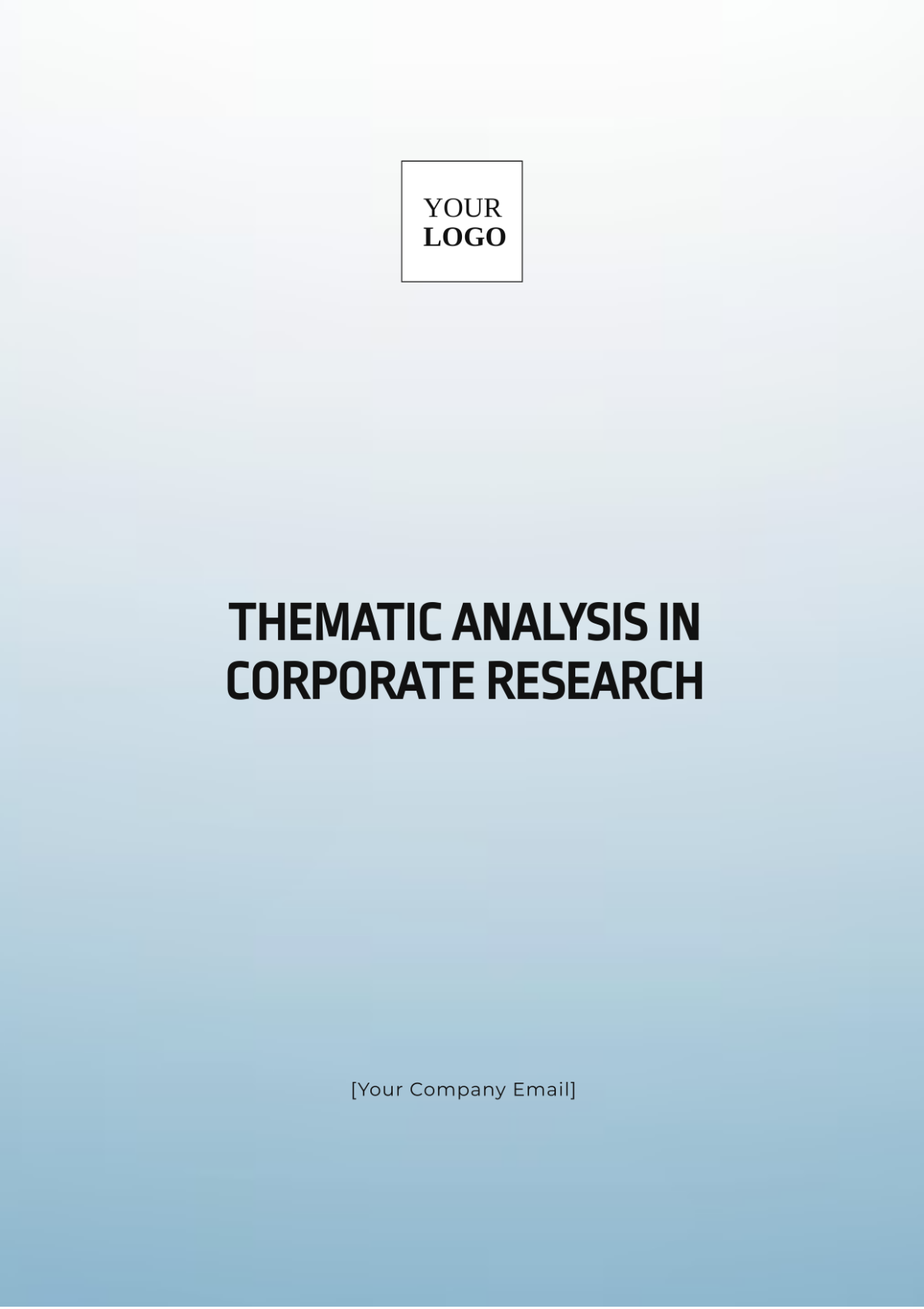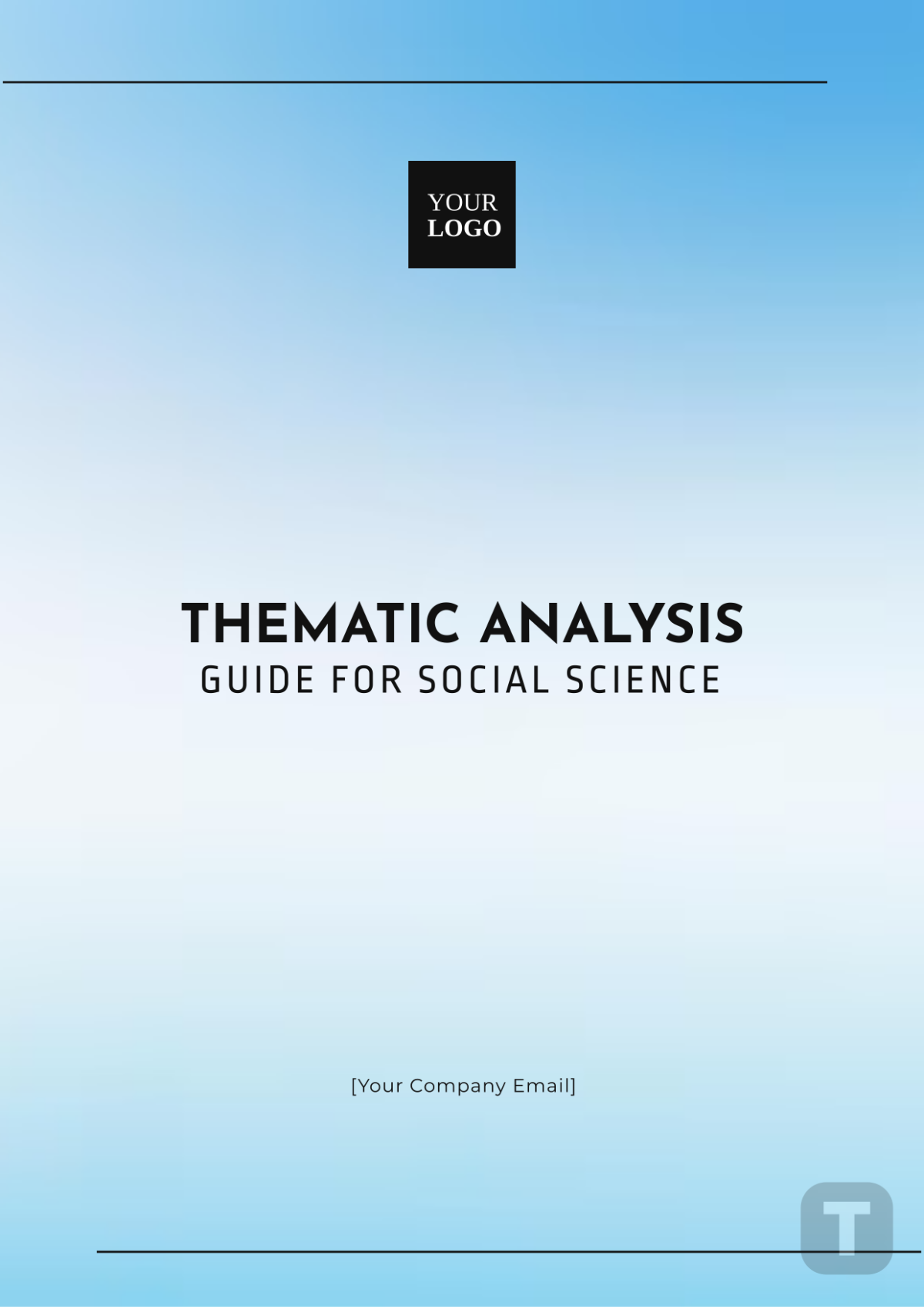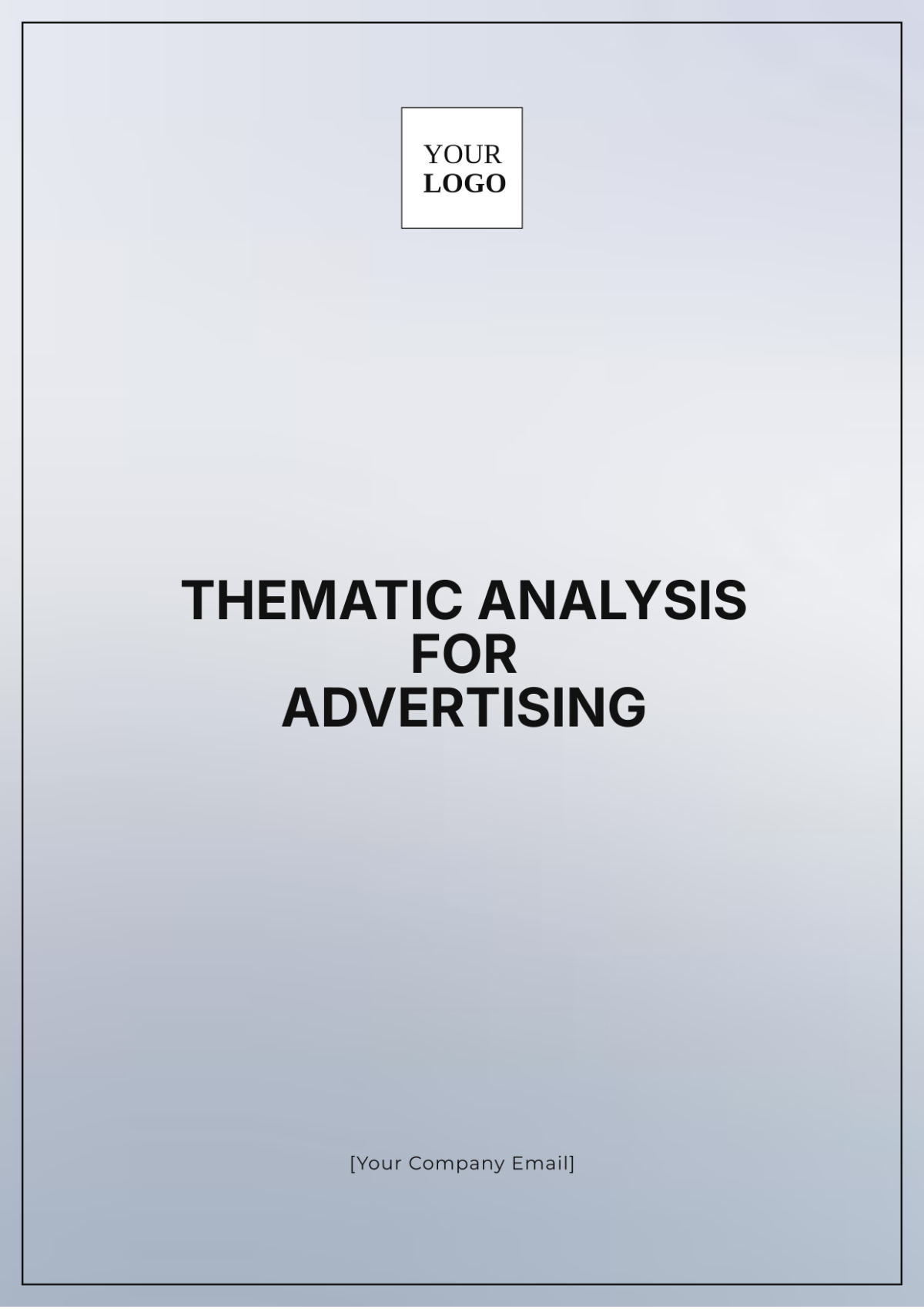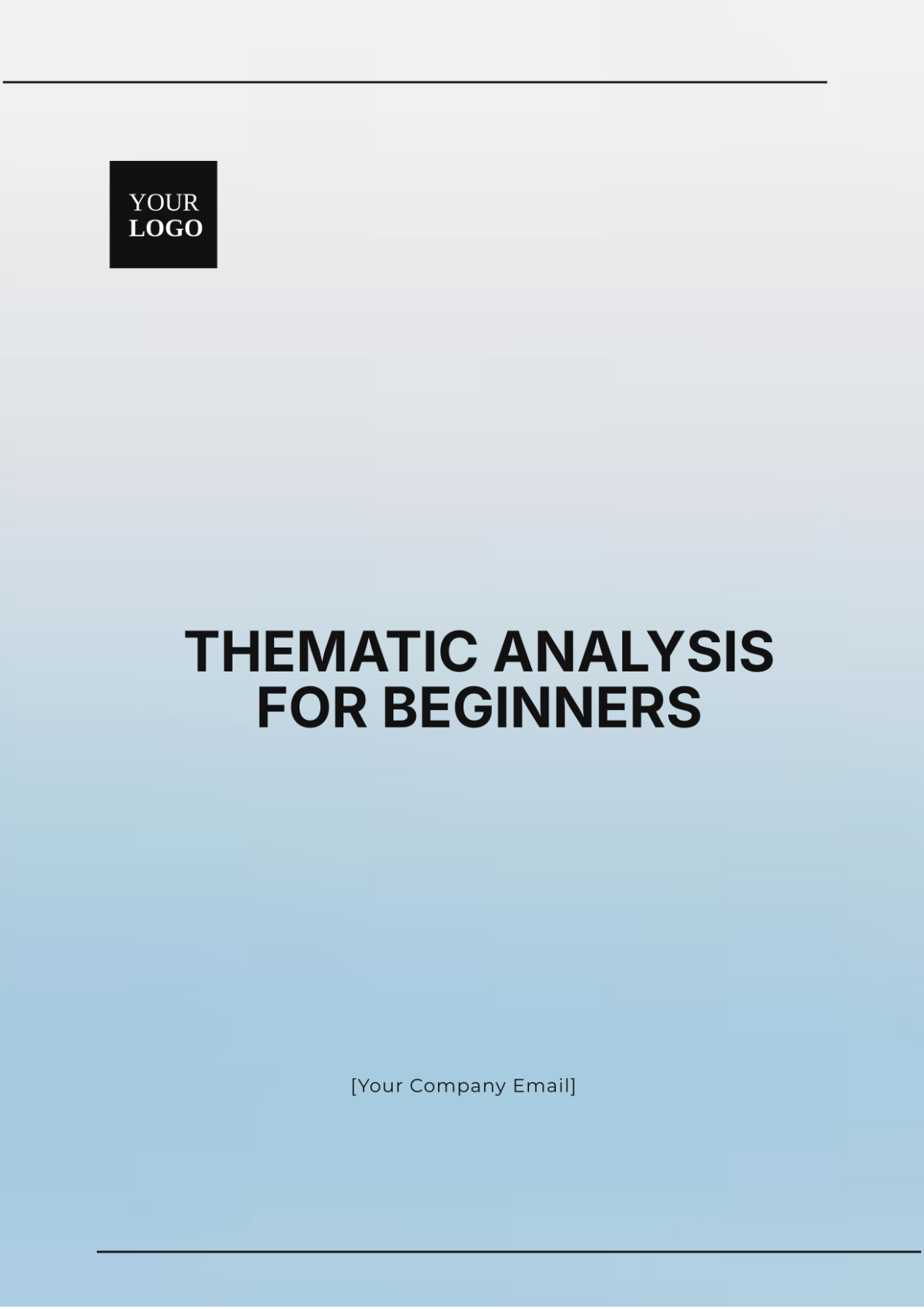DATA ANALYSIS JOURNAL ARTICLE
Title: Impact of Social Media Usage on Academic Performance: A Quantitative Data Analysis
Abstract
This study examines the relationship between social media usage and academic performance among undergraduate students. Using a survey distributed to 300 students, the data was analyzed using descriptive statistics, correlation analysis, and regression models. The results suggest a negative correlation between the time spent on social media and academic performance, with students who spend more than 3 hours per day on social media showing lower grade point averages (GPAs). Implications for academic institutions and recommendations for future research are discussed.
Introduction
The increasing prevalence of social media has led to a growing concern about its potential impact on students’ academic performance. While some studies highlight the positive effects of social media for educational purposes, others emphasize the distractions it creates. This study aims to quantitatively assess the relationship between the time students spend on social media and their academic performance, specifically measured through their GPA. We hypothesize that higher social media usage correlates with lower academic performance.
Literature Review
Several studies have explored the link between social media usage and academic performance. A study by Smith et al. (2020) found that excessive use of social media can negatively affect students’ focus and time management, leading to lower grades. Conversely, Johnson (2019) suggested that social media could enhance learning through group discussions and resource sharing. Despite these findings, the extent to which social media usage directly influences academic performance remains unclear, necessitating further research.
Methods
Participants
A total of 300 undergraduate students from various disciplines participated in this study. The participants were randomly selected and were required to be active social media users.
Data Collection
Data was collected through a structured questionnaire that measured students' average daily social media usage (in hours) and their current GPA. The survey also included demographic variables such as age, gender, and year of study.
Data Analysis
Descriptive statistics were used to summarize the data, including mean, standard deviation, and frequency distribution. A Pearson correlation analysis was conducted to determine the relationship between social media usage and GPA. Finally, a linear regression model was employed to predict the impact of social media usage on academic performance.
Results
Descriptive Statistics
The average social media usage among students was 4.2 hours per day (SD = 1.8), with a mean GPA of 3.2 (SD = 0.6). Approximately 40% of the students reported spending more than 5 hours per day on social media, while 25% reported less than 2 hours per day.
Correlation Analysis
A negative correlation was found between social media usage and GPA (r = -0.45, p < 0.01), indicating that higher social media usage is associated with lower academic performance.
Regression Analysis
The regression model showed that social media usage significantly predicts GPA (β = -0.32, p < 0.05). For every additional hour spent on social media, the GPA decreased by 0.08 points, holding other factors constant.
Discussion
The findings of this study support the hypothesis that increased social media usage negatively affects academic performance. The correlation and regression analyses both indicate that students who spend more time on social media tend to have lower GPAs. These results align with previous research, such as Smith et al. (2050), which suggested that excessive social media use could lead to distractions and reduced academic focus.
However, this study did not consider the specific purposes of social media usage, such as whether students were using it for academic or non-academic purposes. Future research should explore these distinctions and examine how educational use of social media might mediate its impact on academic performance.
Conclusion
In conclusion, this study provides evidence of a negative relationship between social media usage and academic performance. While social media is an integral part of students’ lives, its excessive use may hinder academic success. Academic institutions should consider interventions that help students manage their time on social media more effectively. Further research is necessary to explore the nuances of this relationship, including the role of content type and academic use.
References
Johnson, L. (2059). The positive role of social media in education: A case study of online learning communities. Journal of Educational Technology, 15(2), 122-135.
Smith, R., & Doe, M. (2050). Social media and its effects on student productivity: A critical review. Journal of Academic Studies, 12(4), 456-472.

